Guide and Porter Services Overview
Selecting Guide and Porter hiring services in Nepal Tour, Trekking, Peak Climbing and Hiking in Nepal requires a discerning choice, prioritizing quality over quantity. With a proliferation of guides and porters in Nepal due to the rise in tour and trekking agencies, it becomes crucial to conduct thorough checks before settling on the best guide and porter for your trek. The government’s recent decree mandating the presence of a guide for all treks in Nepal from April 1, 2023, aims to boost employment in the tourism sector while discouraging uncertified trekking operations.
Costs for hiring Tour Guide, Trekking Guide and Climbing Guide with porters vary based on trek duration and activities. Porters bear the burden of heavy luggage tirelessly throughout the journey, while certified guides bring a wealth of experience from numerous trekking ventures. Many guides, having dedicated their lives to guiding tourists, possess extensive knowledge and expertise.
As a locally based trekking and tour agency, Adventure Land Nepal prioritizes sustainability in tourism by empowering local guides and porters, contributing to the economic well-being of the community. Our guides, leaders, and staff undergo comprehensive training from the Nepal Government in various areas such as eco-tourism leadership, first aid, hospitality management, language proficiency, trekking and tour guidance, conservation, safety, and expedition-related skills.
Team coordination is paramount during treks to address unforeseen challenges. Adventure Land Nepal meticulously organizes treks, selecting capable guides and porters to ensure a smooth journey. Recognizing the vulnerability of porters left in harsh conditions, we treat our team members fairly, acknowledging that guides and porters are indispensable contributors to the success of every trip.
Guides undergo a month-long training organized by the Trekking Agencies Association of Nepal (TAAN) and the Nepal Academy of Tourism and Hotel Management (NATHM). This training covers a range of subjects, including first aid, high altitude sickness, rock climbing, and various theoretical and practical aspects related to culture, environment, and hospitality. Guides must demonstrate a certain level of English fluency and possess at least two years of experience as trekking assistants.
Our guides, well-versed in Nepal’s trekking destinations and trails, are equipped to handle diverse situations, ensuring a comfortable and safe trekking experience. They assist in securing accommodations, provide updates on trekking trails, and liaise with local authorities.
Guides and porters play an indispensable role in any trek, serving as the backbone of the journey. At Adventure Land Nepal, we value and appreciate their dedication, ensuring they are well-equipped and insured for Himalayan challenges. Join us for a trek with qualified guides and porters, where your comfort and satisfaction are our top priorities.
Adventure Land Nepal, a team of professional guides and porters with two decades of experience in the tourism sector, offers various services tailored to your trekking needs. Whether you require a guide, porter, or a combination of both, we cater to solo female travelers, providing female guides upon request. Our services cover a range of trekking destinations, including Everest Base Camp, Annapurna North Base Camp, Kanchenjunga Circuit, Makalu Base Camp, and many others.
Choosing our services not only enhances your trekking experience but also supports local communities by providing income and indirect support for education. Reviews of our guides and porters can be found on trusted platforms like TripAdvisor, offering insights into the exceptional service we provide.
For more information on Nepal Trek Guide Service, please refer to the following frequently asked questions.

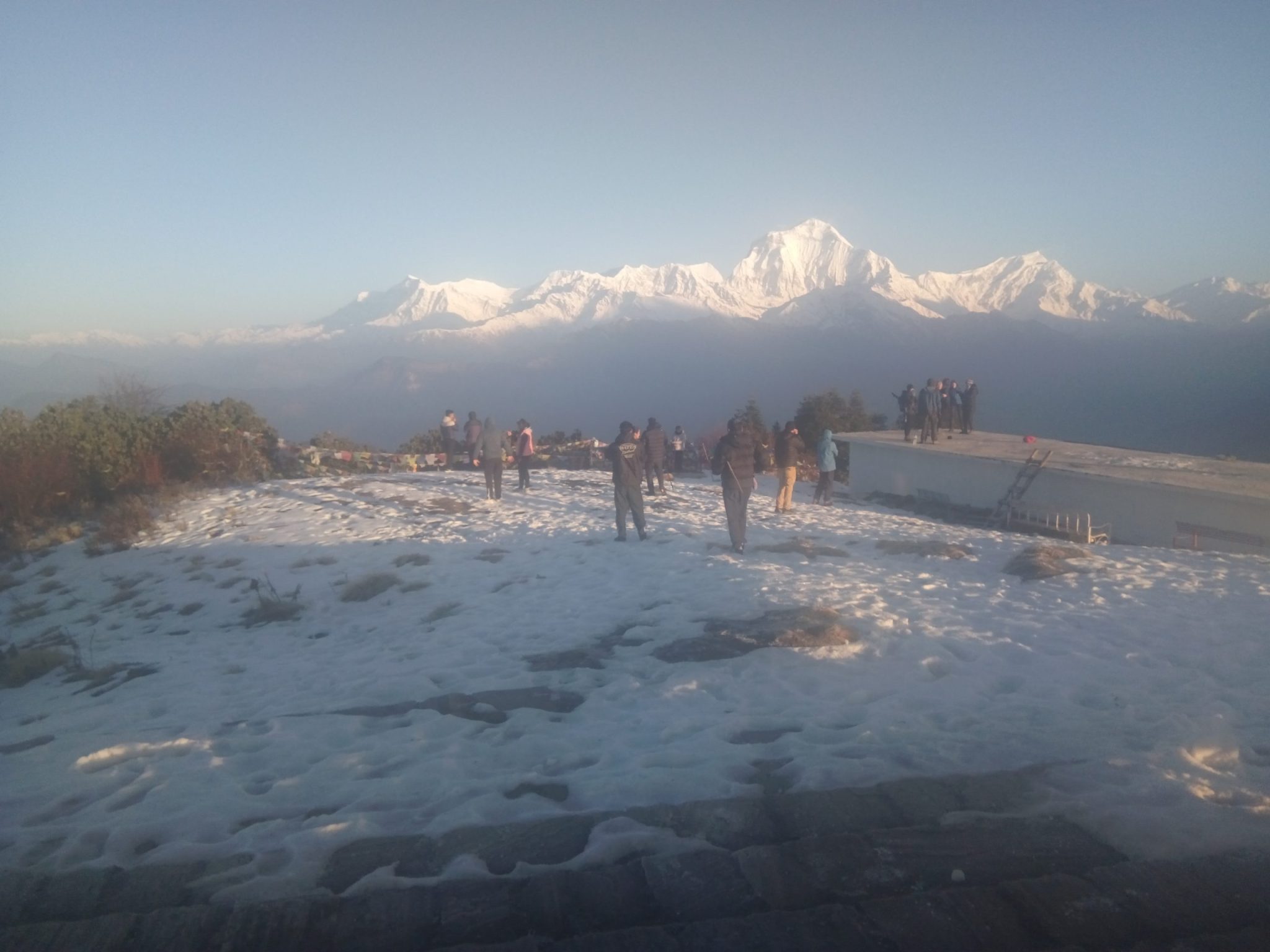 Ghorepani Poon Hill Trek 7 days
Ghorepani Poon Hill Trek 7 days
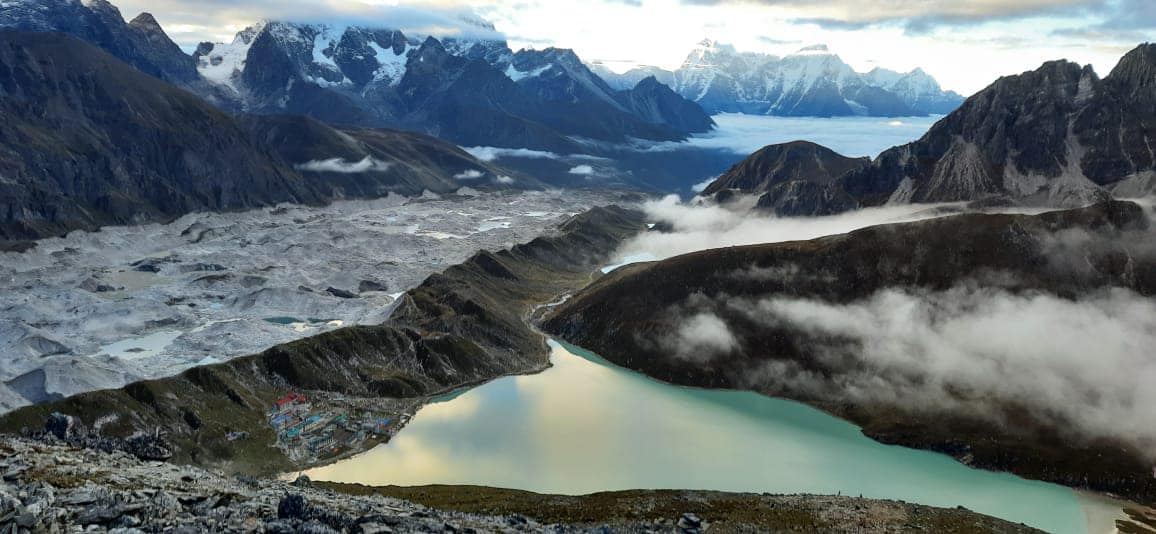 Gokyo Lake Trek 11 days
Gokyo Lake Trek 11 days
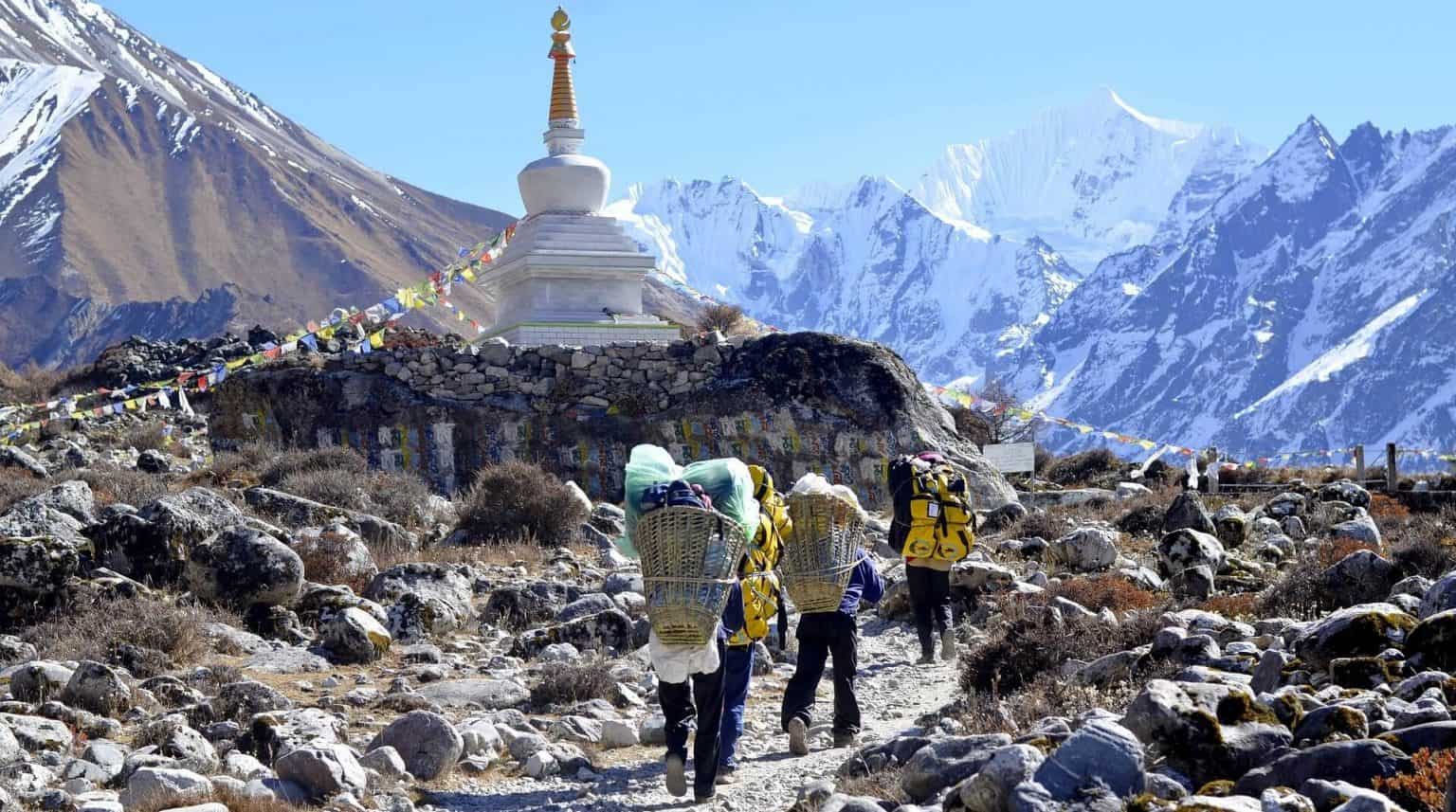 Langtang Valley Trek 9 days
Langtang Valley Trek 9 days
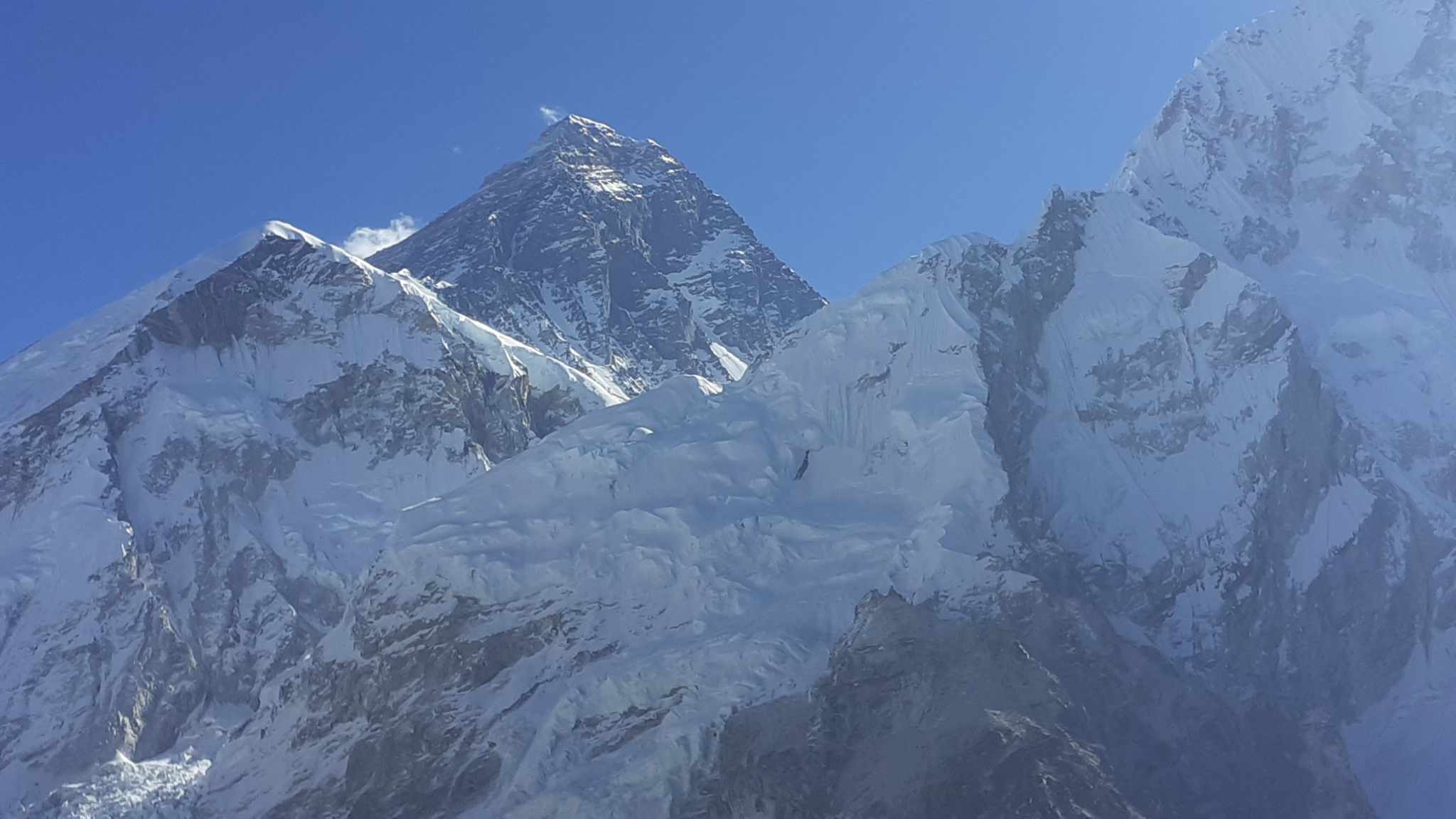 Everest View Trek Nepal 7 Days
Everest View Trek Nepal 7 Days
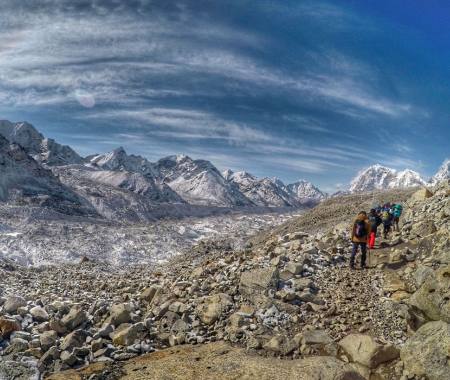 Luxury Trek to Everest Base Camp – 7 days
Luxury Trek to Everest Base Camp – 7 days
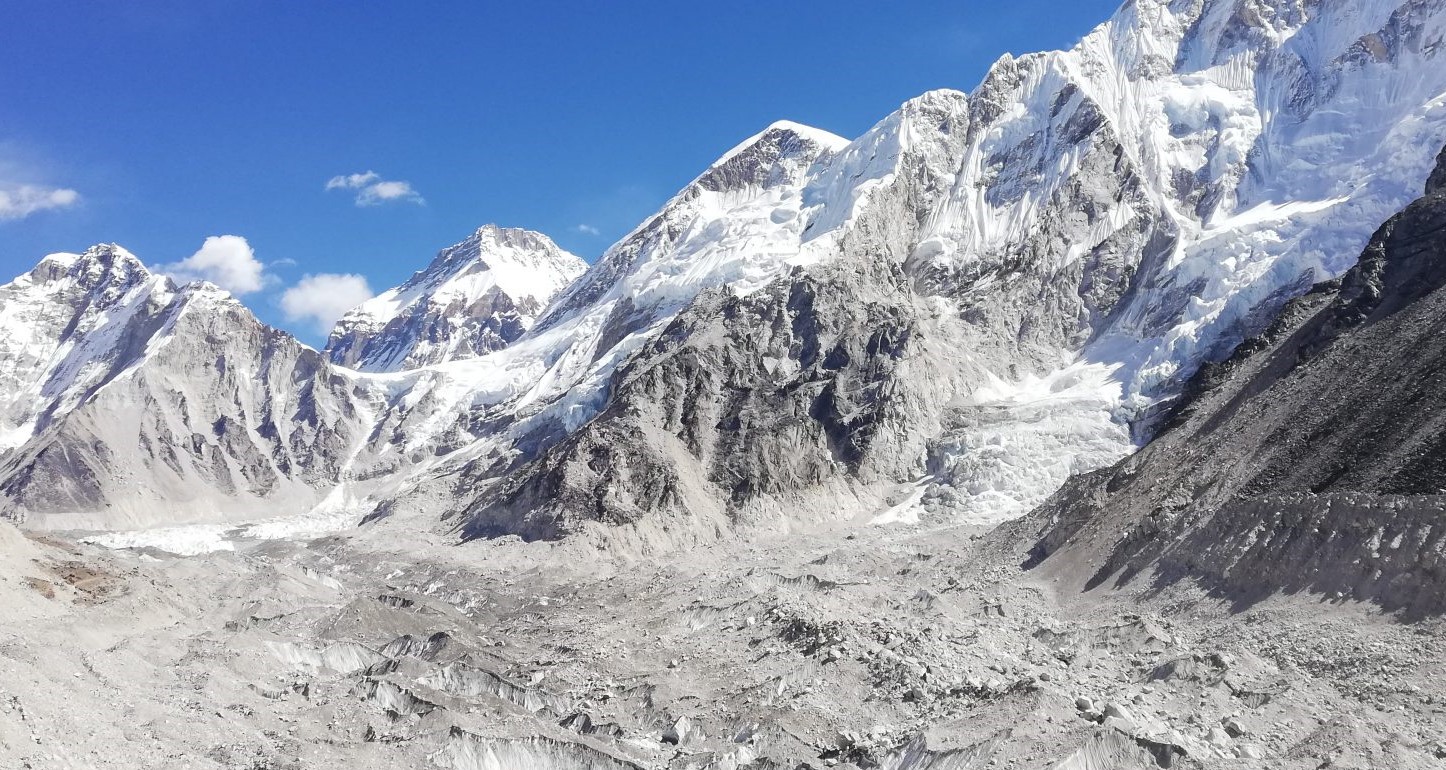 Luxurious EBC and Gokyo Lake Trek – 11 days
Luxurious EBC and Gokyo Lake Trek – 11 days
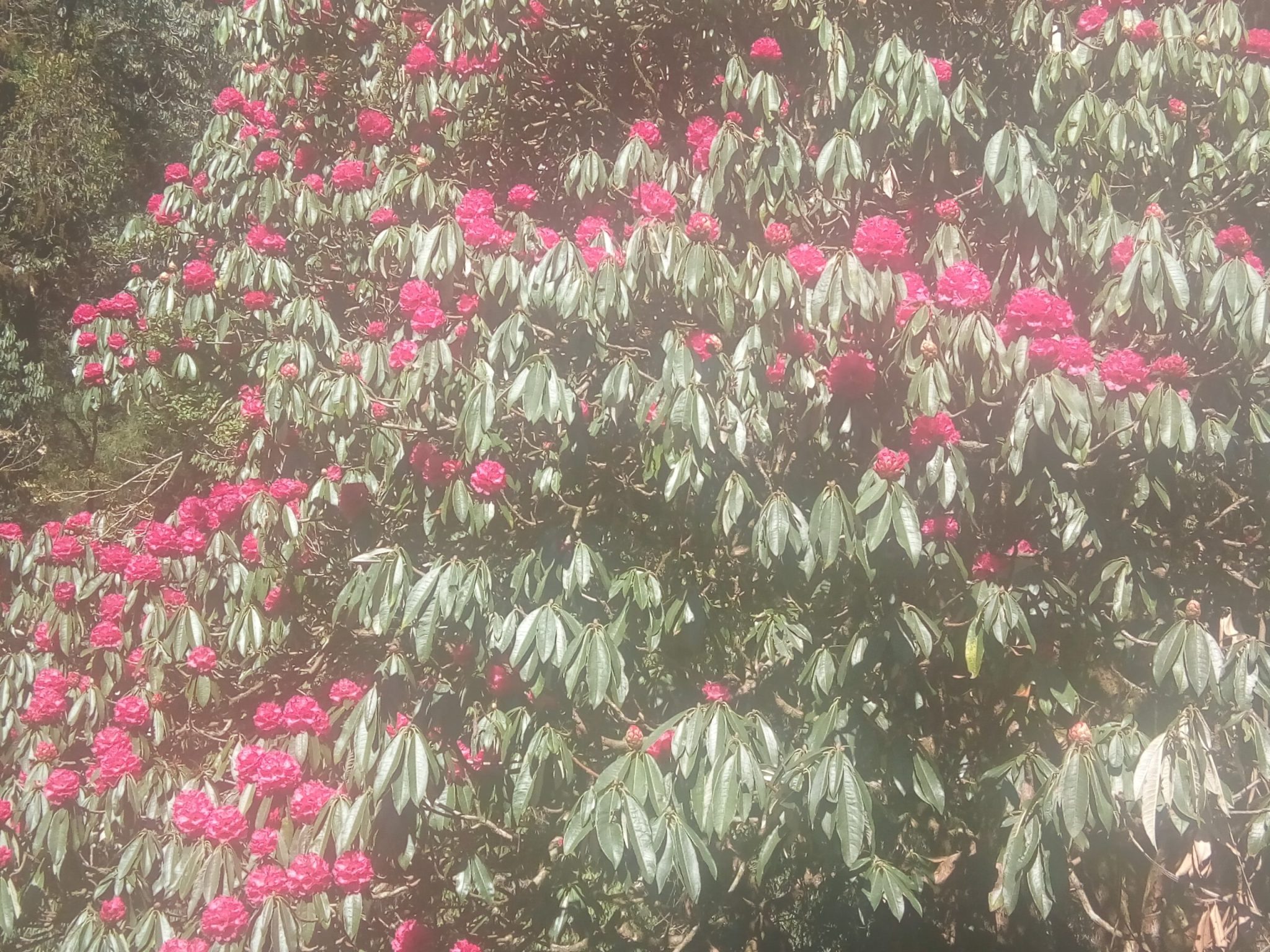 Ghorepani Poon Hill Trek – 4 Days
Ghorepani Poon Hill Trek – 4 Days
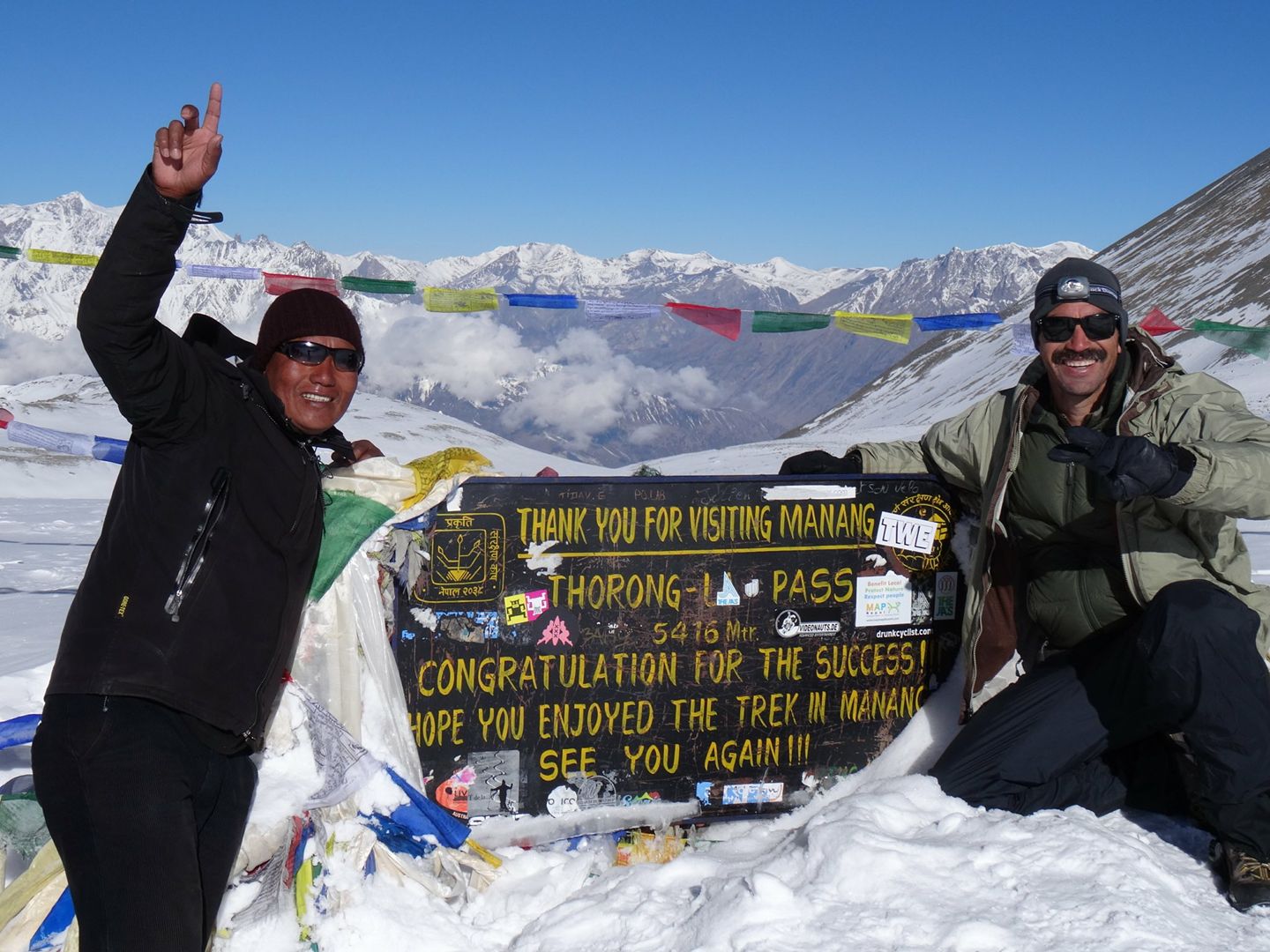 Annapurna Circuit Trek 12 days
Annapurna Circuit Trek 12 days
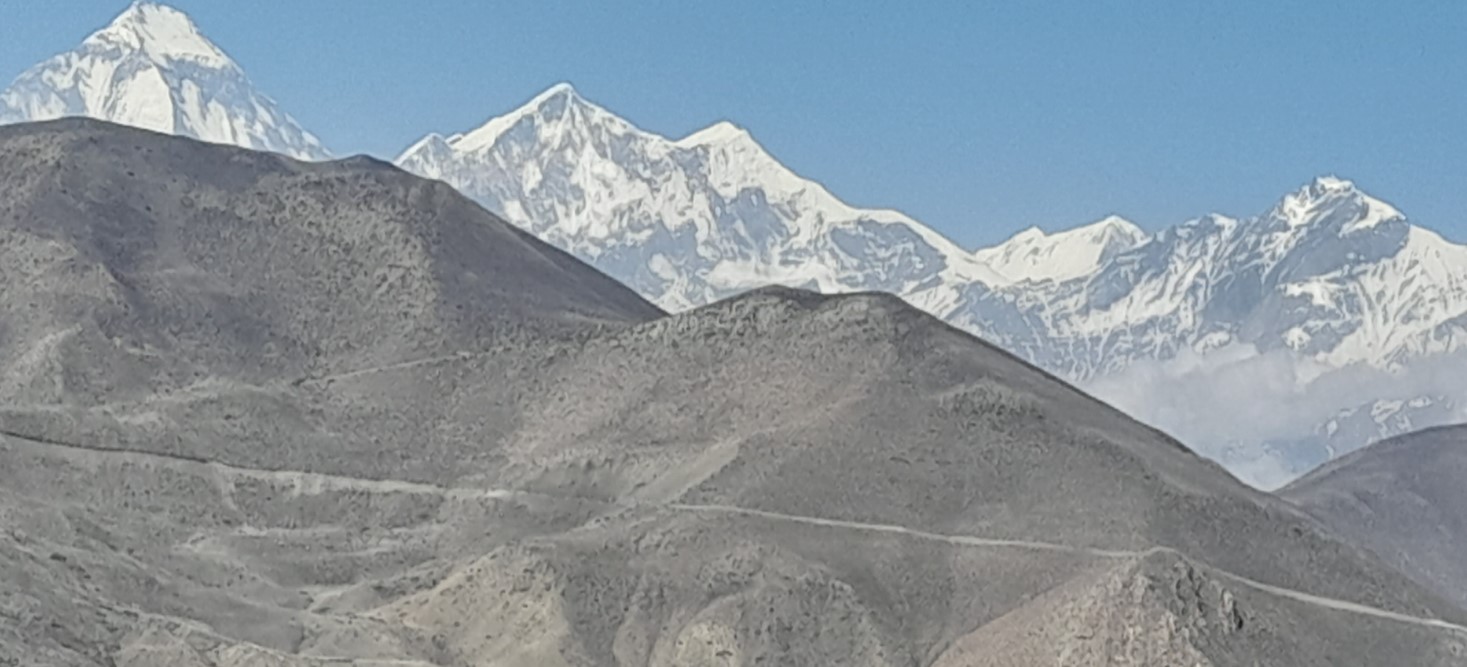 Jomsom Muktinath Trek – 6 days
Jomsom Muktinath Trek – 6 days
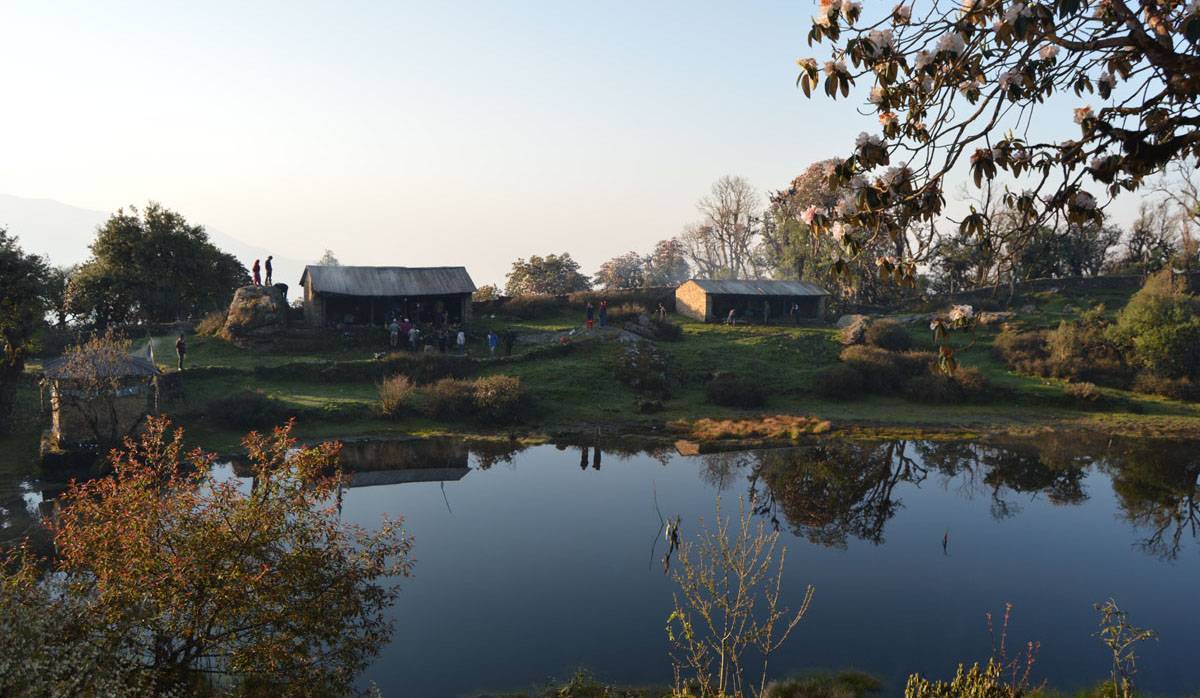 Bara Pokhari Manaslu Trek – 17 days
Bara Pokhari Manaslu Trek – 17 days
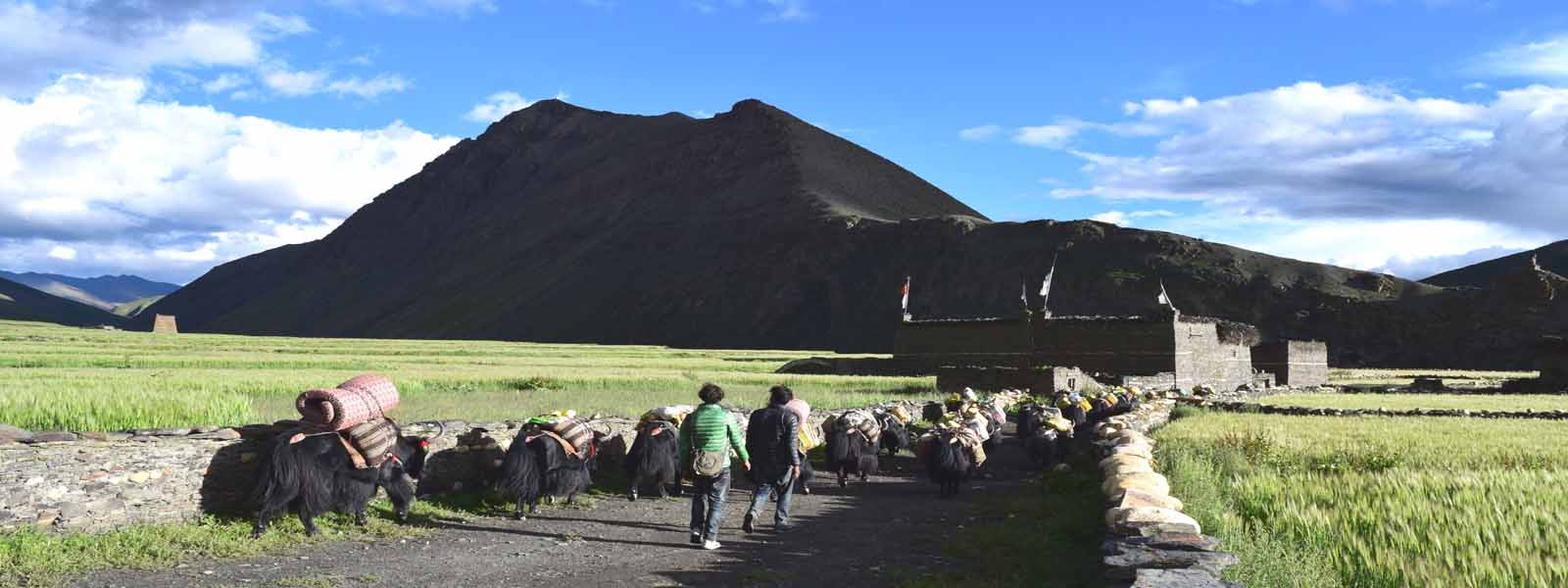 Inner Dolpo Trek – 27 days
Inner Dolpo Trek – 27 days
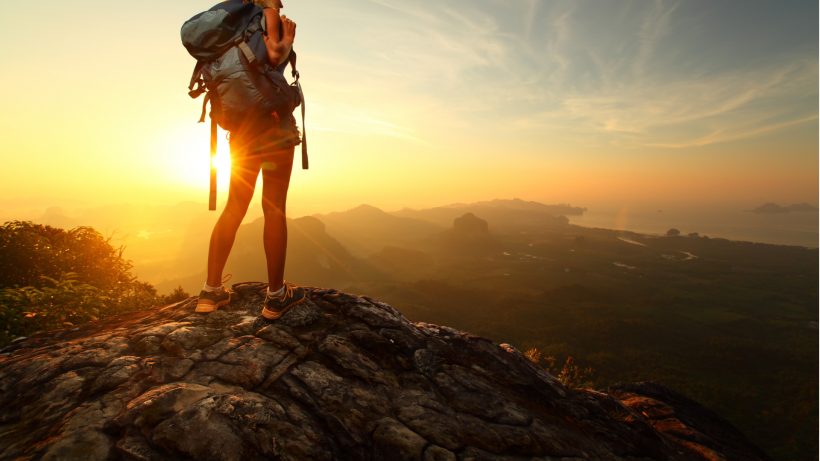 Chepang Hill Trek – 5 days
Chepang Hill Trek – 5 days
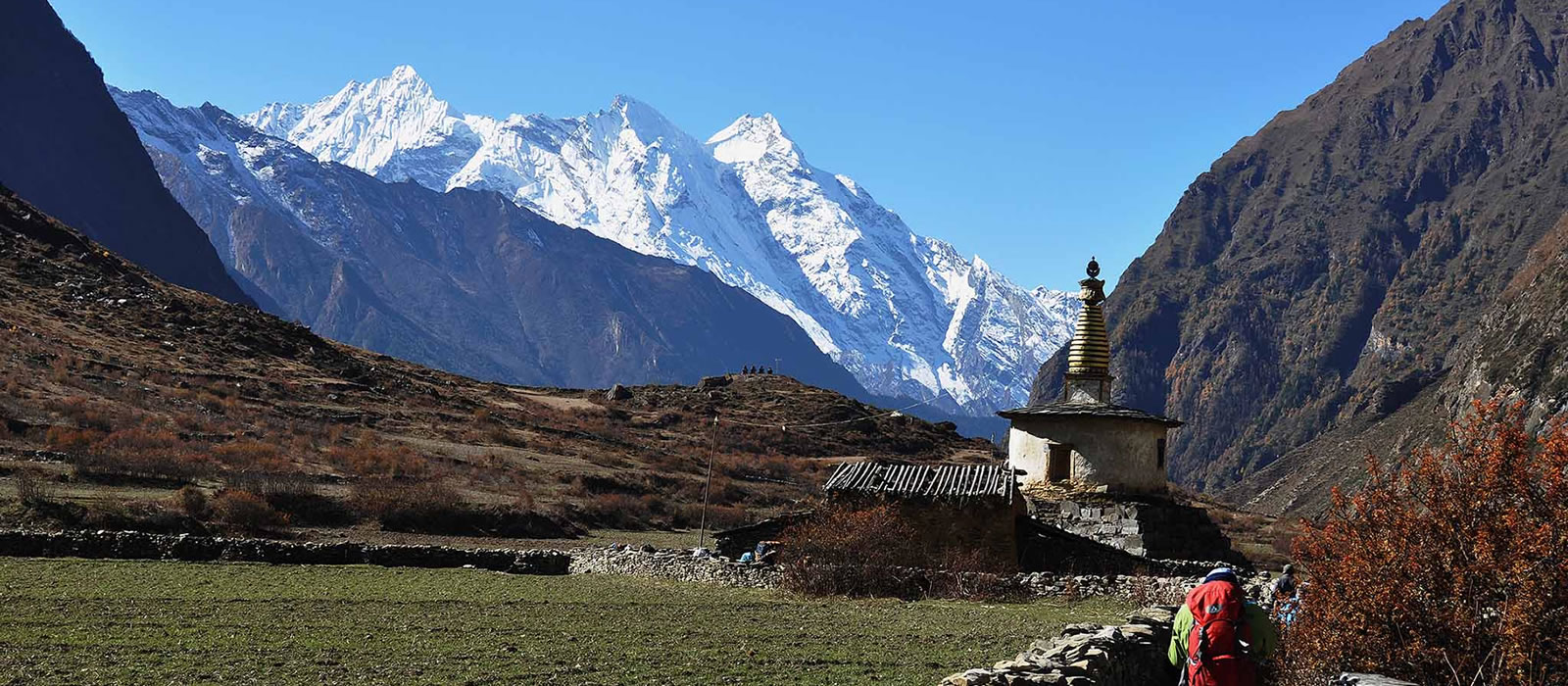 Manaslu & Tsum Valley Trek – 20 days
Manaslu & Tsum Valley Trek – 20 days
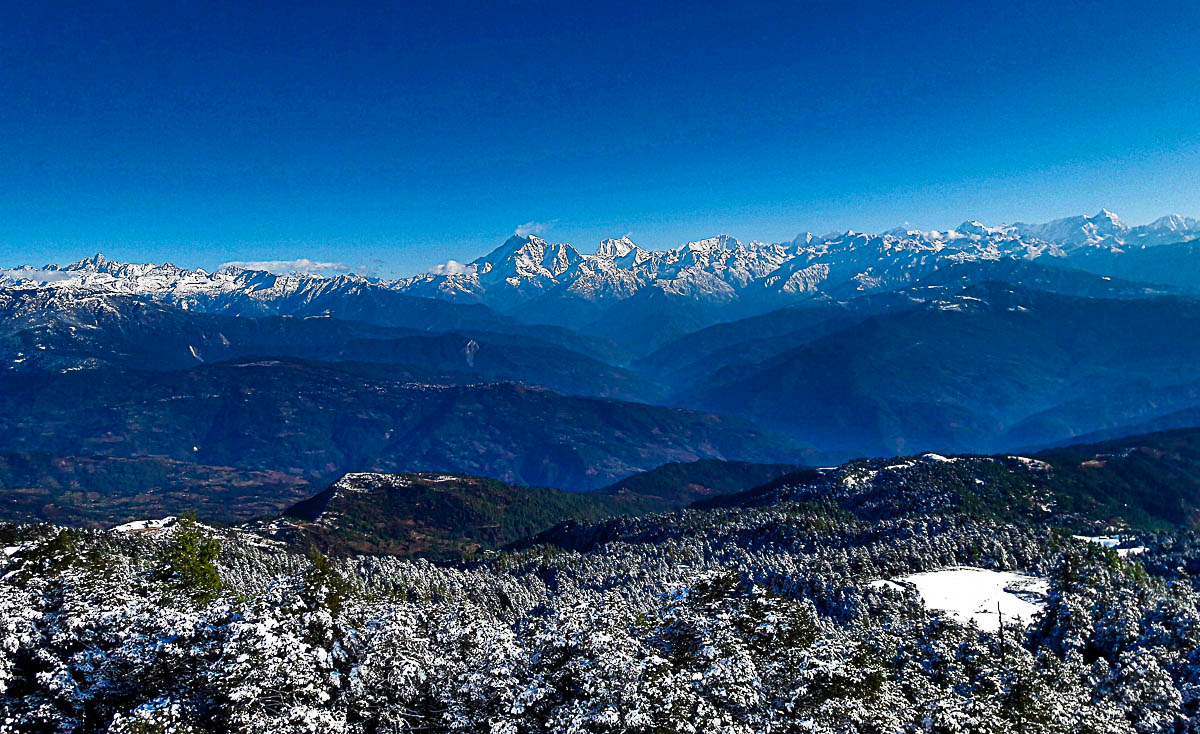 Sailung & Phulchoki Trek – 20 days
Sailung & Phulchoki Trek – 20 days
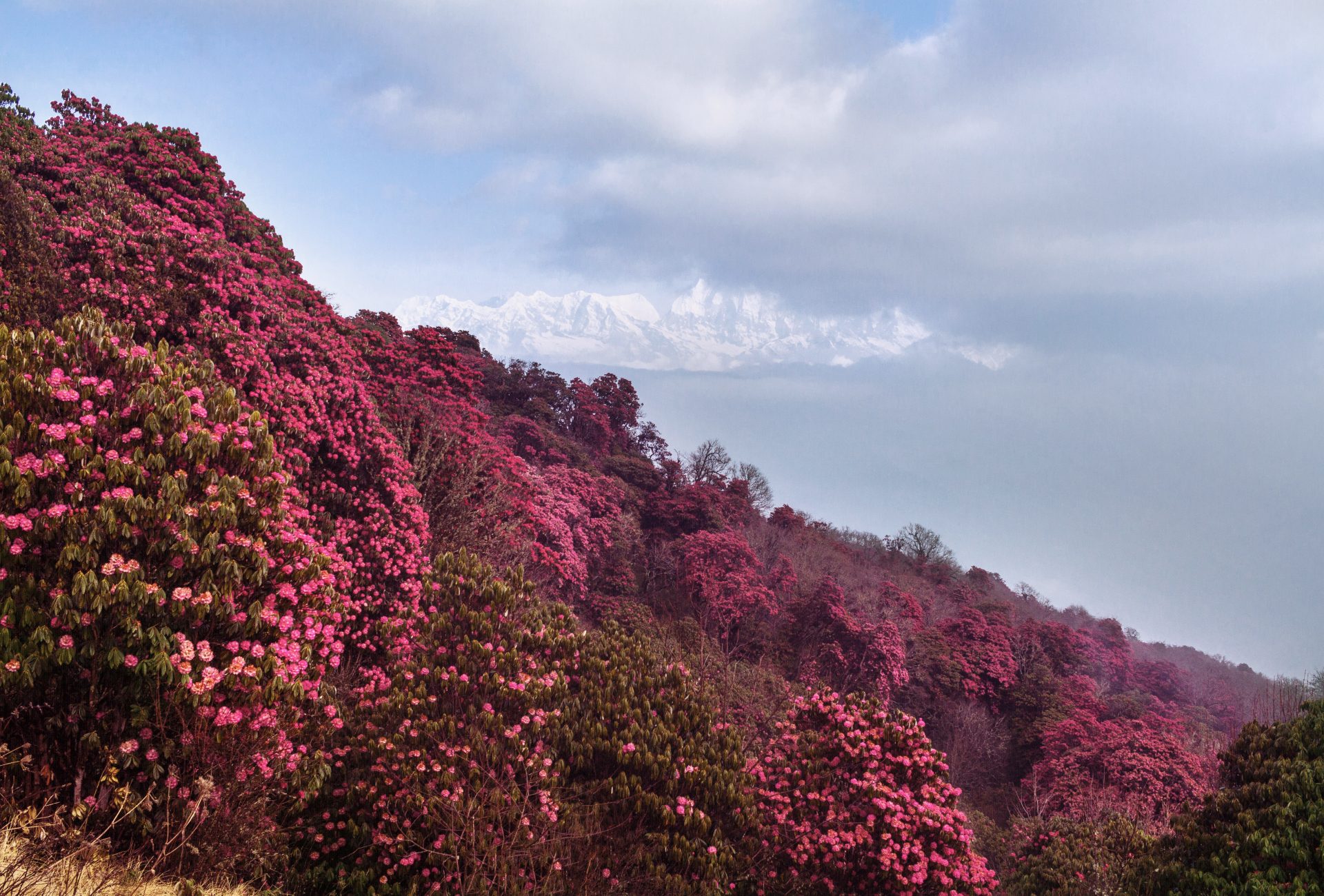 Mahabharat with Rhododendron Trek – 15 days
Mahabharat with Rhododendron Trek – 15 days
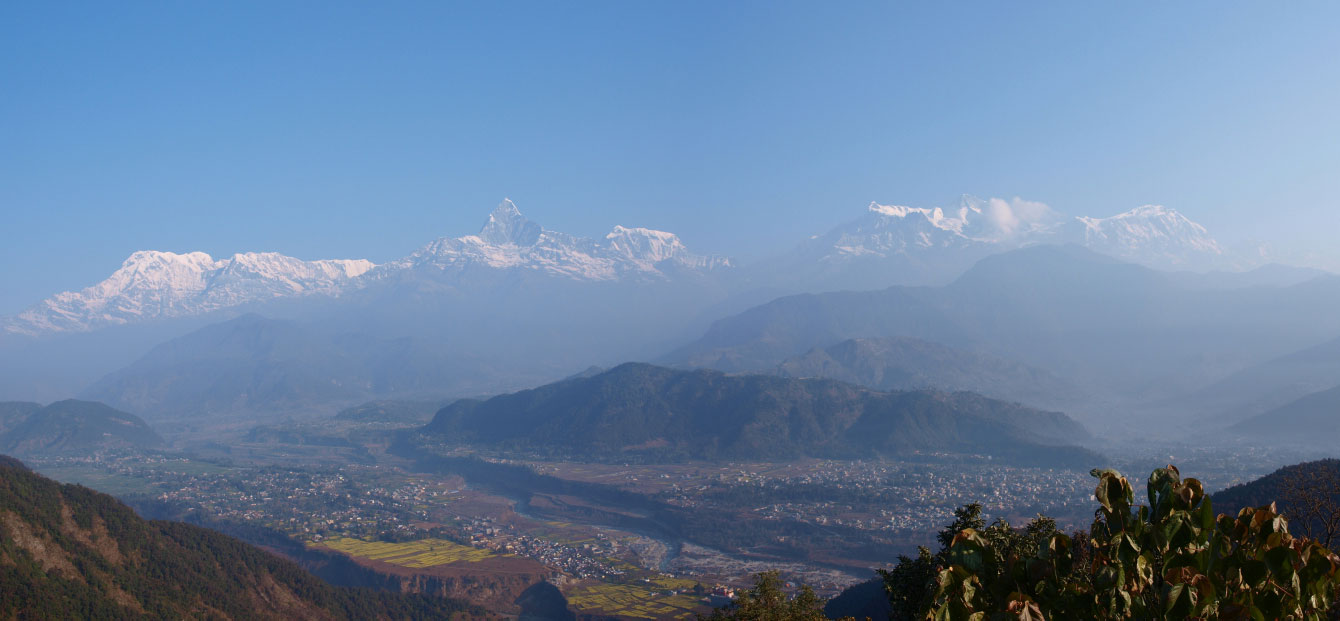 Gorkha to Pokhara Trek – 14 days
Gorkha to Pokhara Trek – 14 days
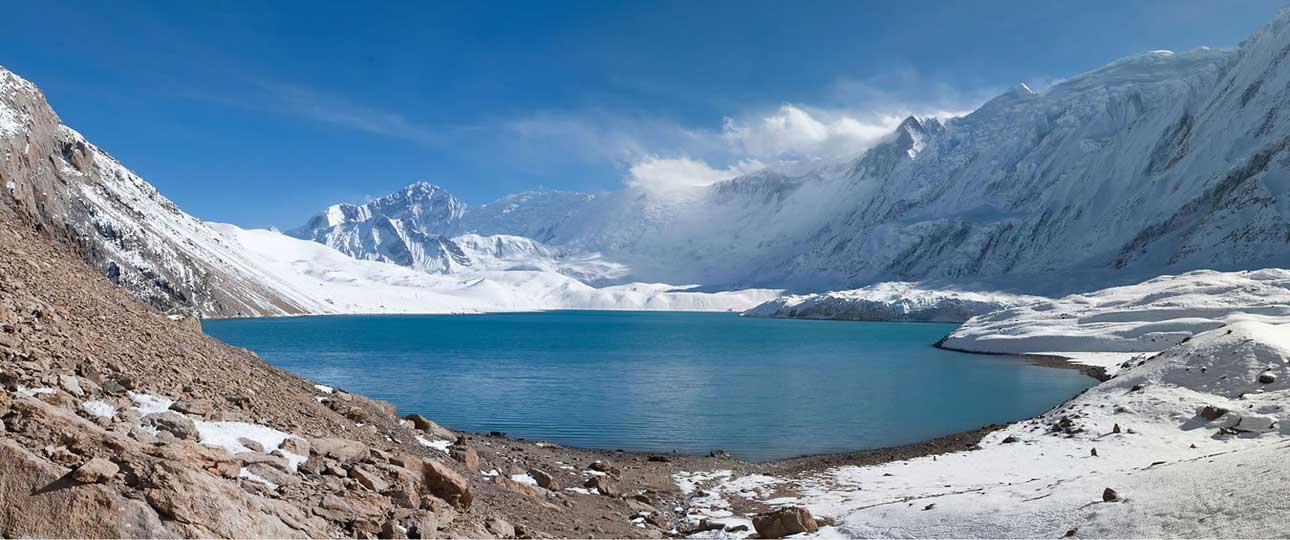 Dudh Kunda Trek – 15 days
Dudh Kunda Trek – 15 days
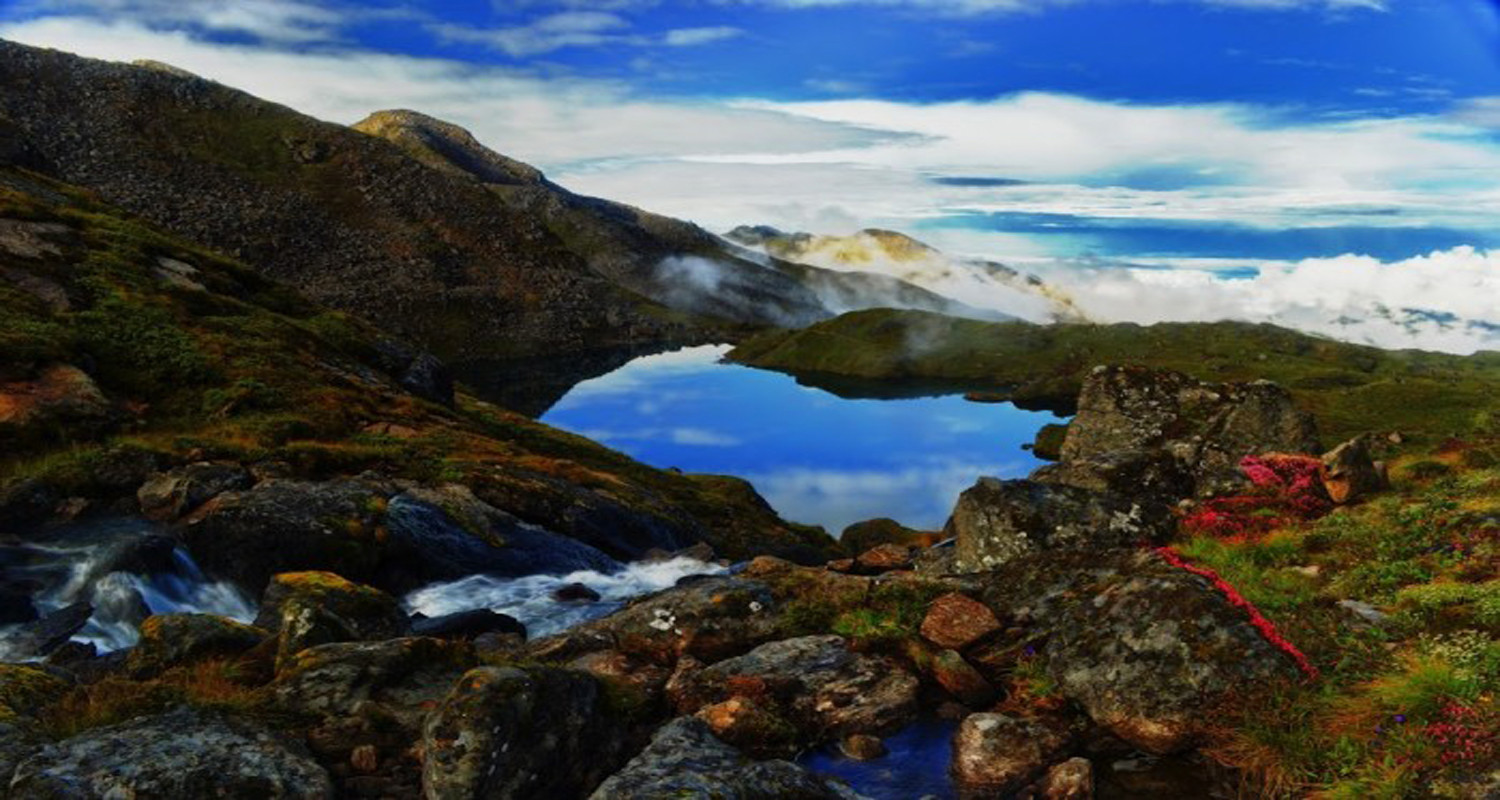 Bhairav Kunda Trek – 10 days
Bhairav Kunda Trek – 10 days
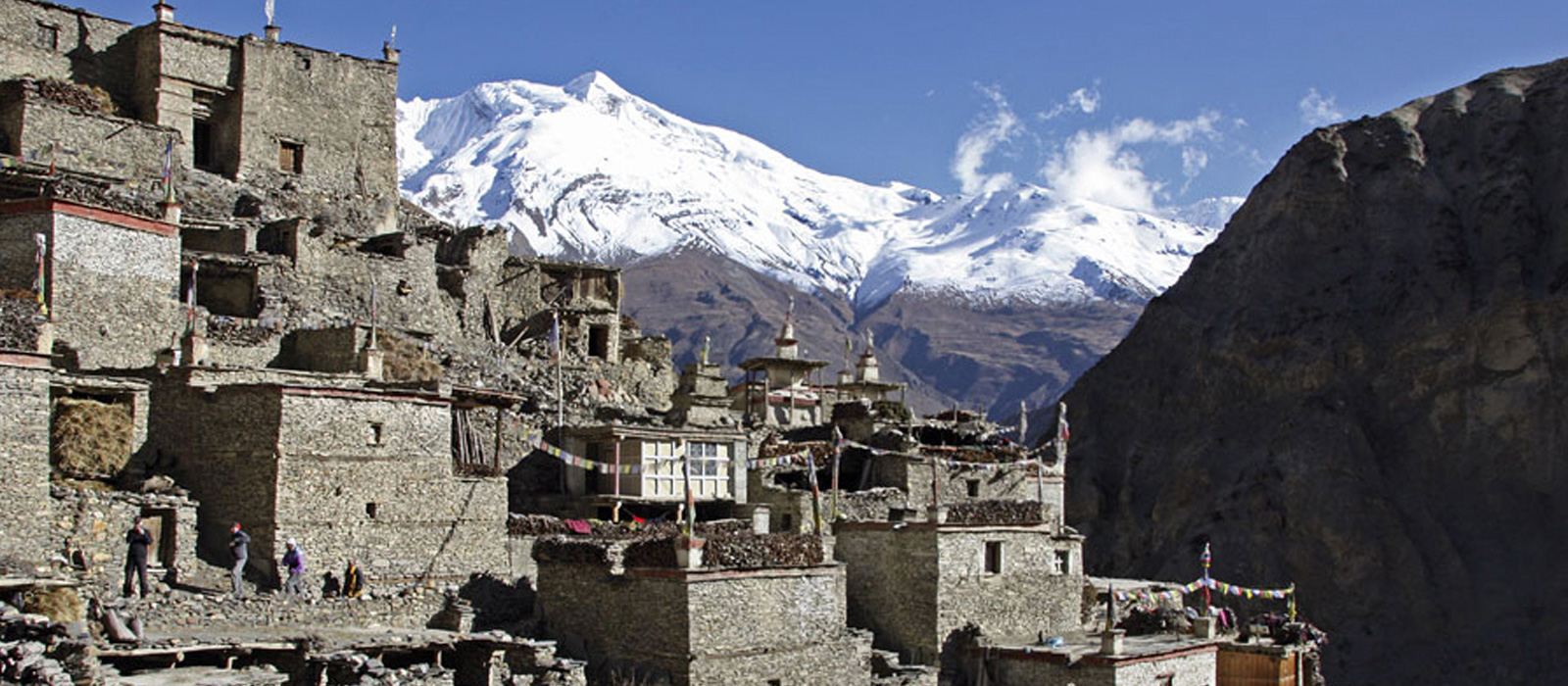 Nar Phu Valley with Annapurna Circuit Trek – 20 days
Nar Phu Valley with Annapurna Circuit Trek – 20 days
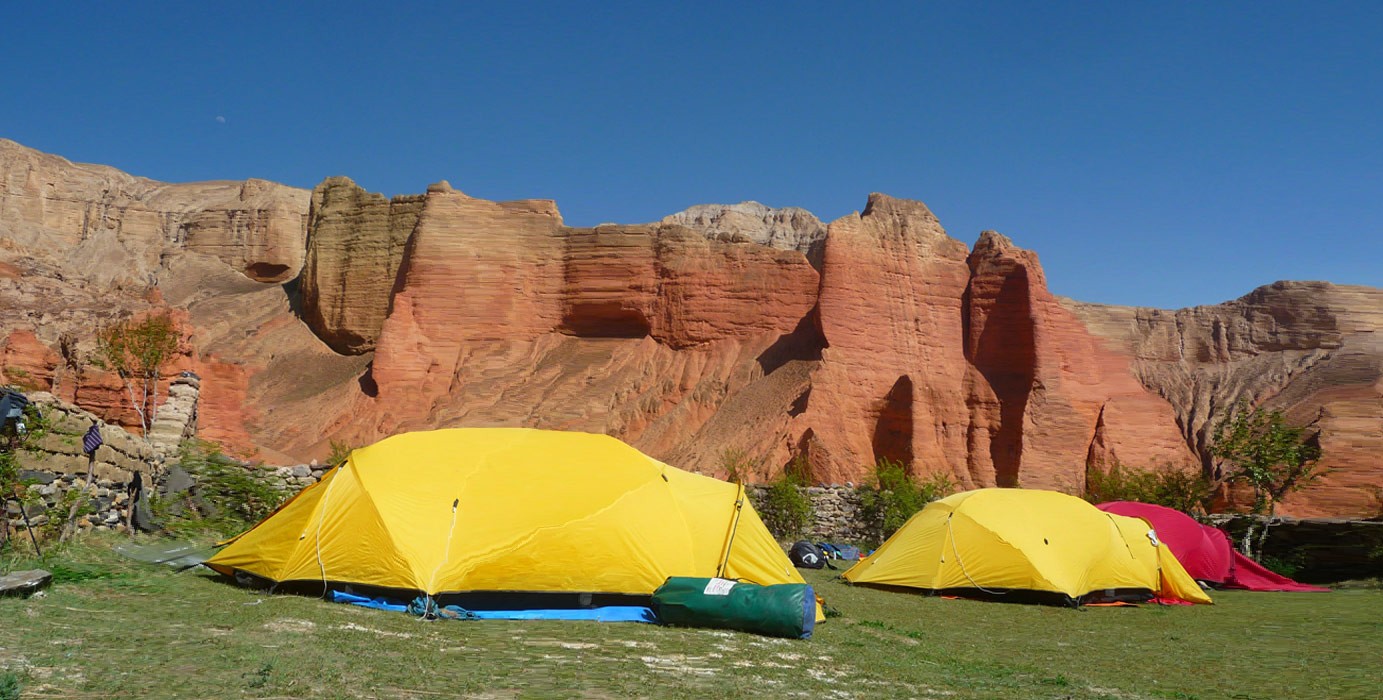 Mustang Camping Trek – 21 days
Mustang Camping Trek – 21 days
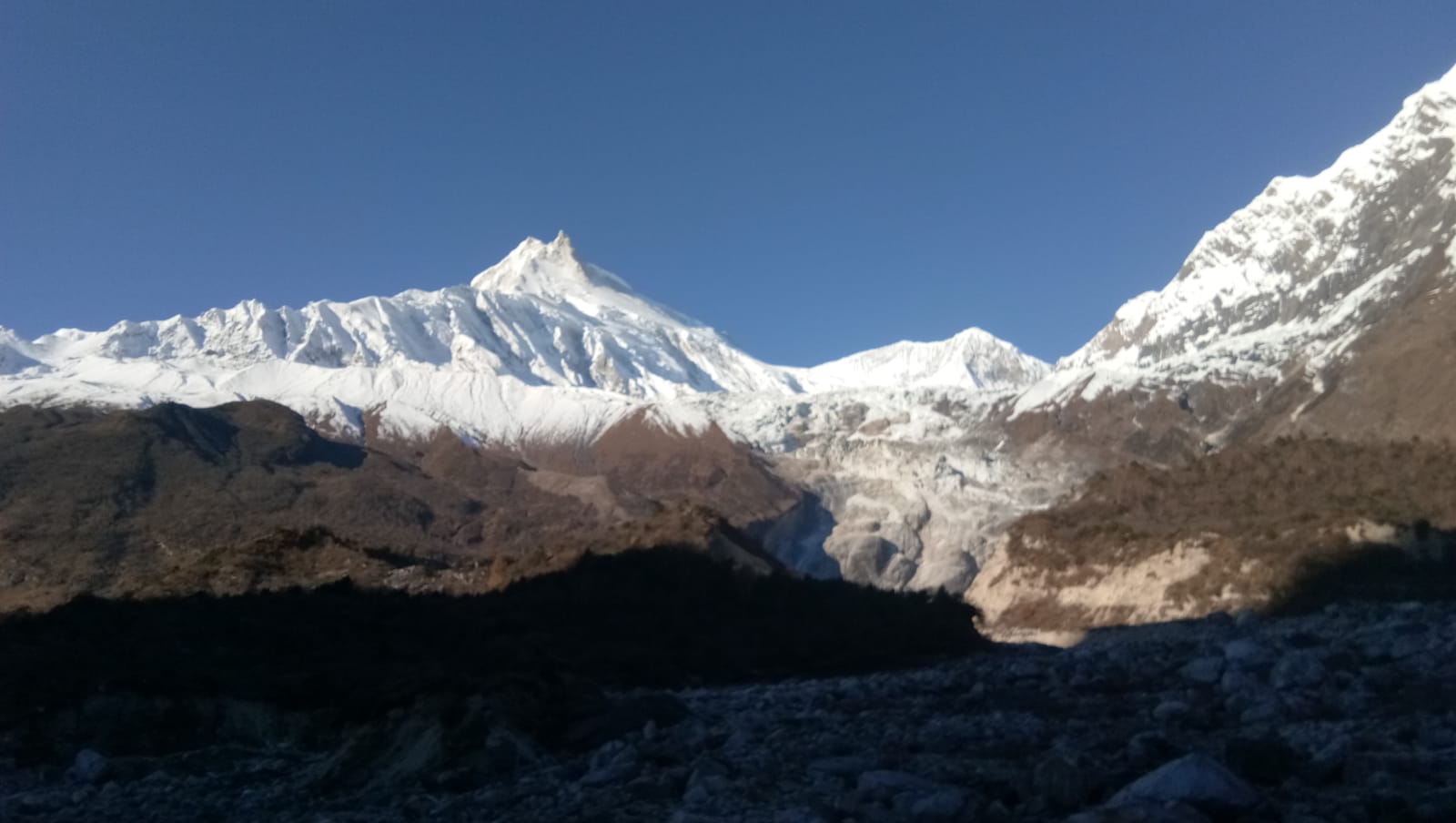 Manaslu Circuit Trek 15 days
Manaslu Circuit Trek 15 days
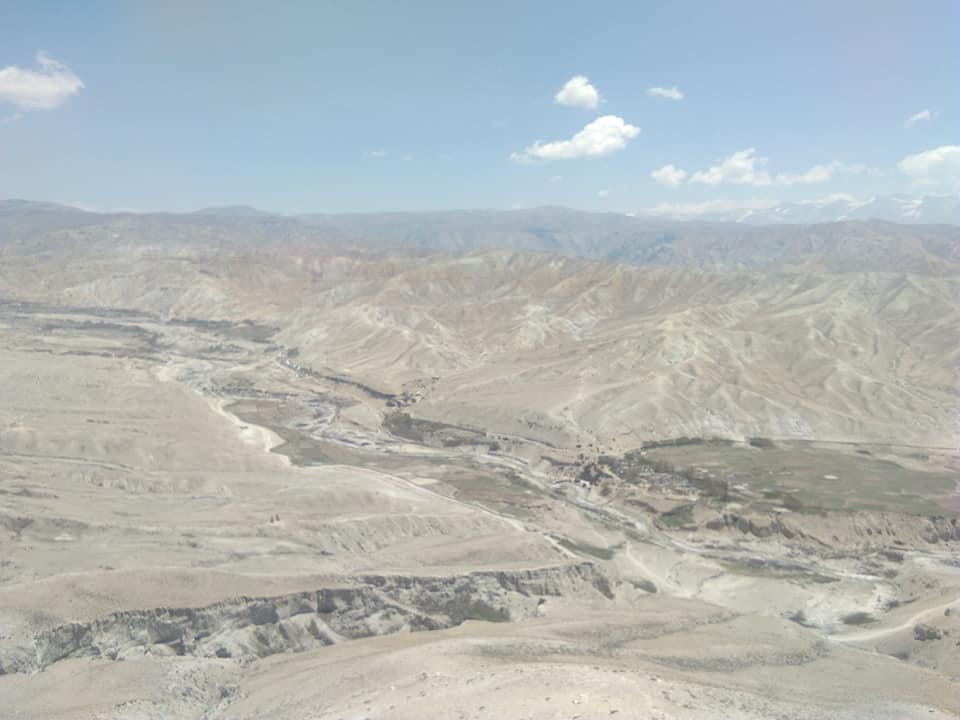 Mustang Trek with Tiji Festival – 23 days
Mustang Trek with Tiji Festival – 23 days
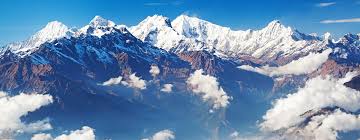 Boudha Himal Camping Trek – 35 days
Boudha Himal Camping Trek – 35 days
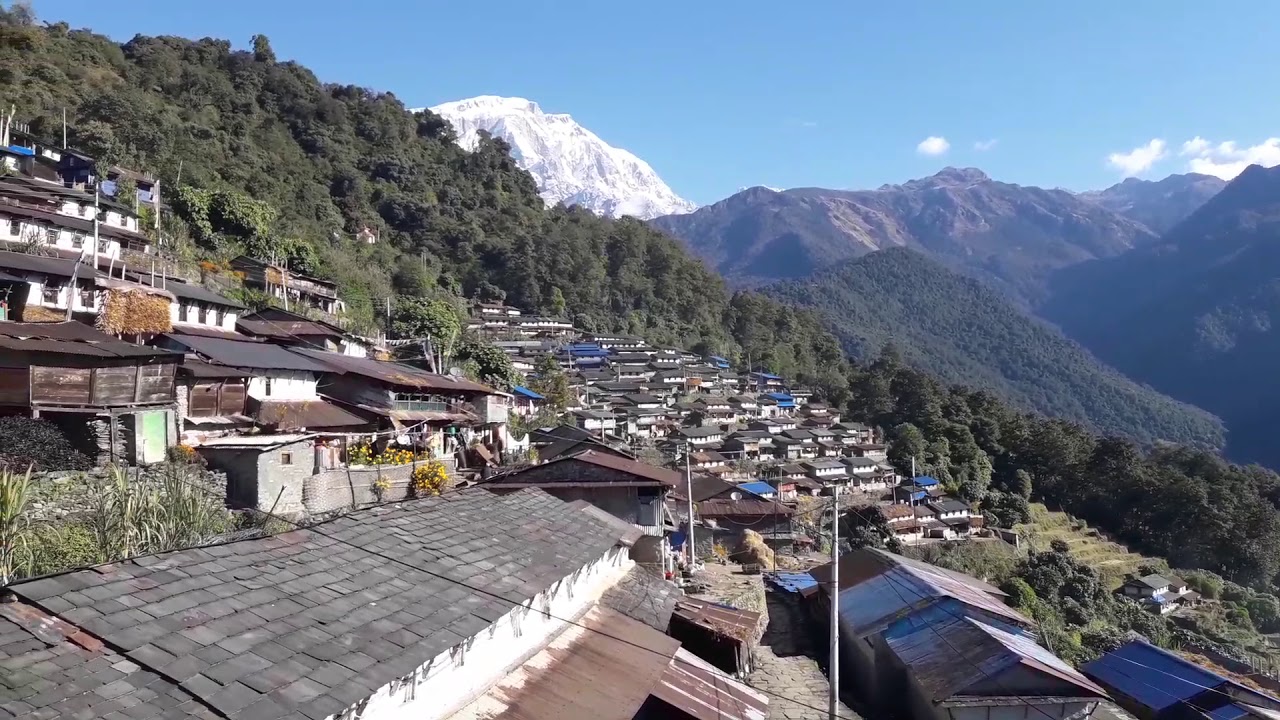 Sikles Village Trek – 9 days
Sikles Village Trek – 9 days
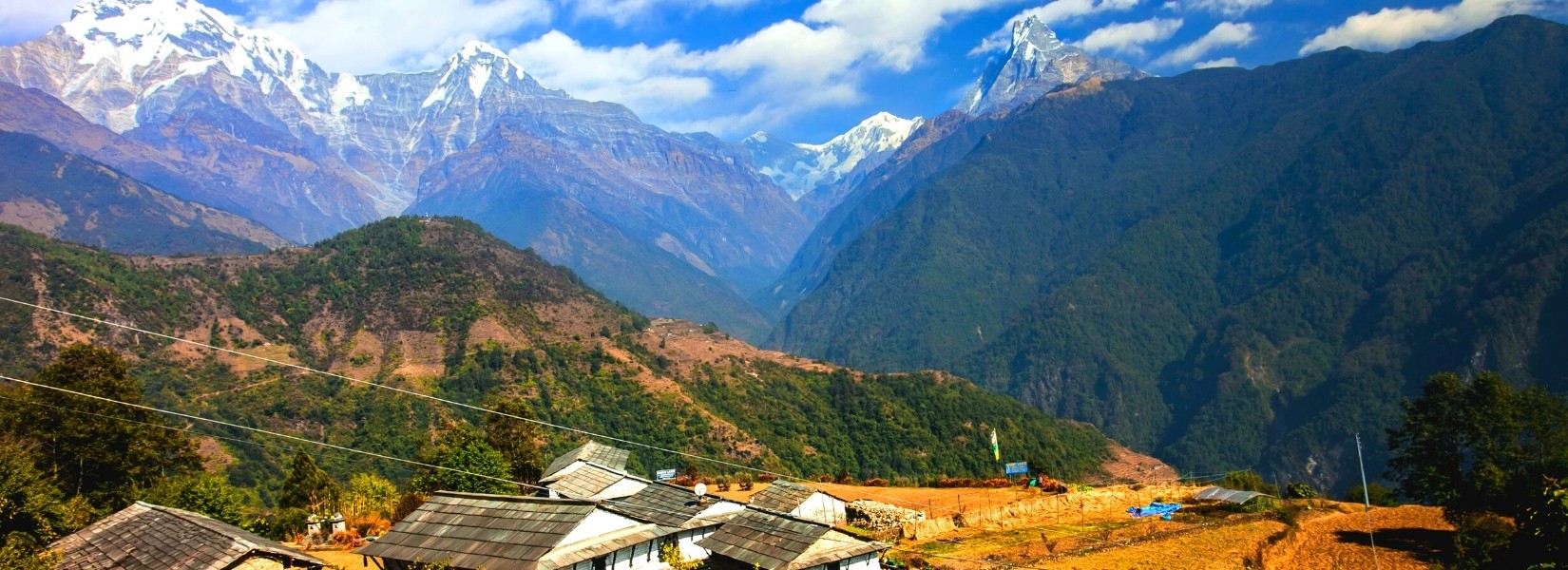 Royal Camping Trek – 4 days
Royal Camping Trek – 4 days
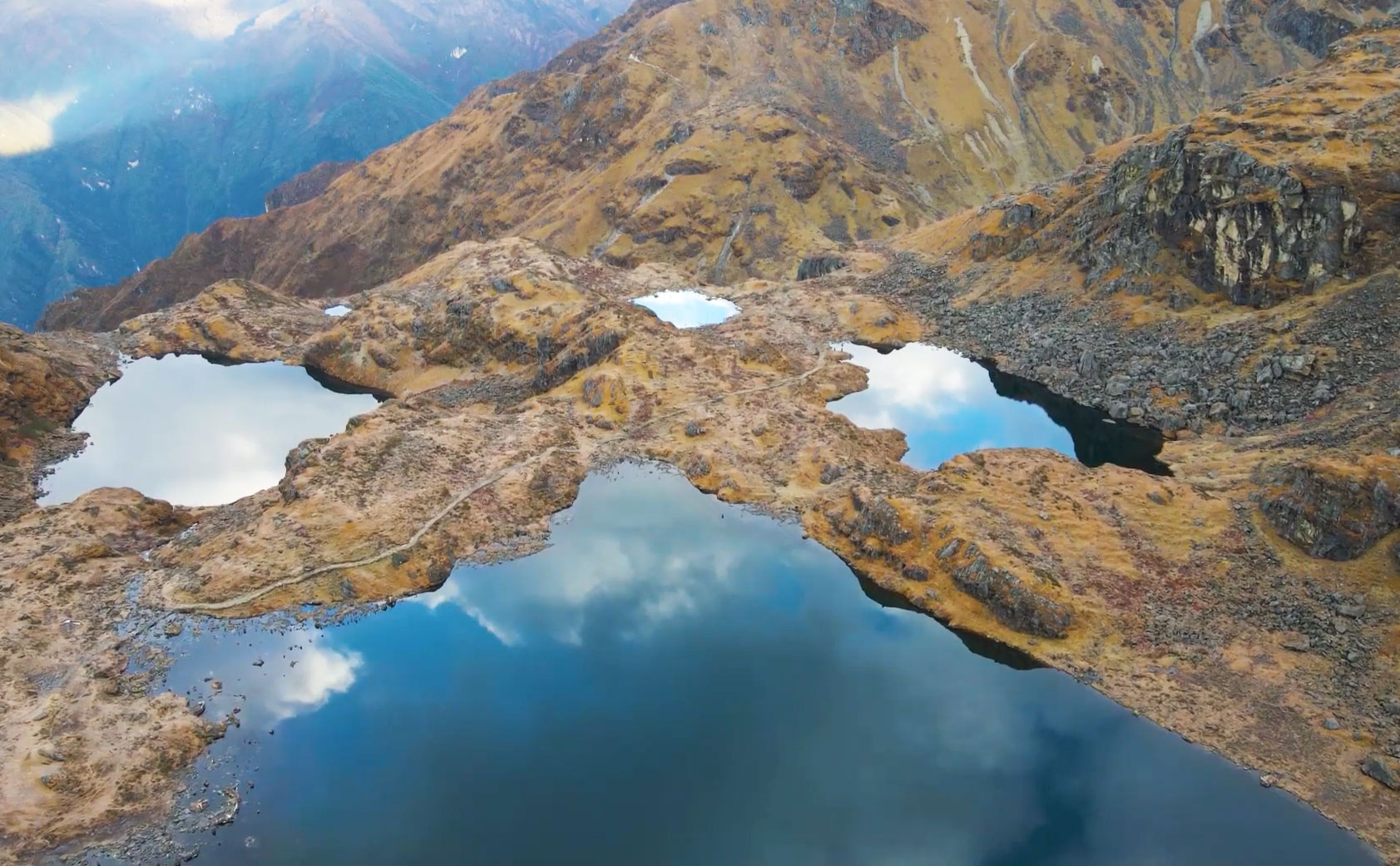 Panch Pokhari Trek – 15 days
Panch Pokhari Trek – 15 days
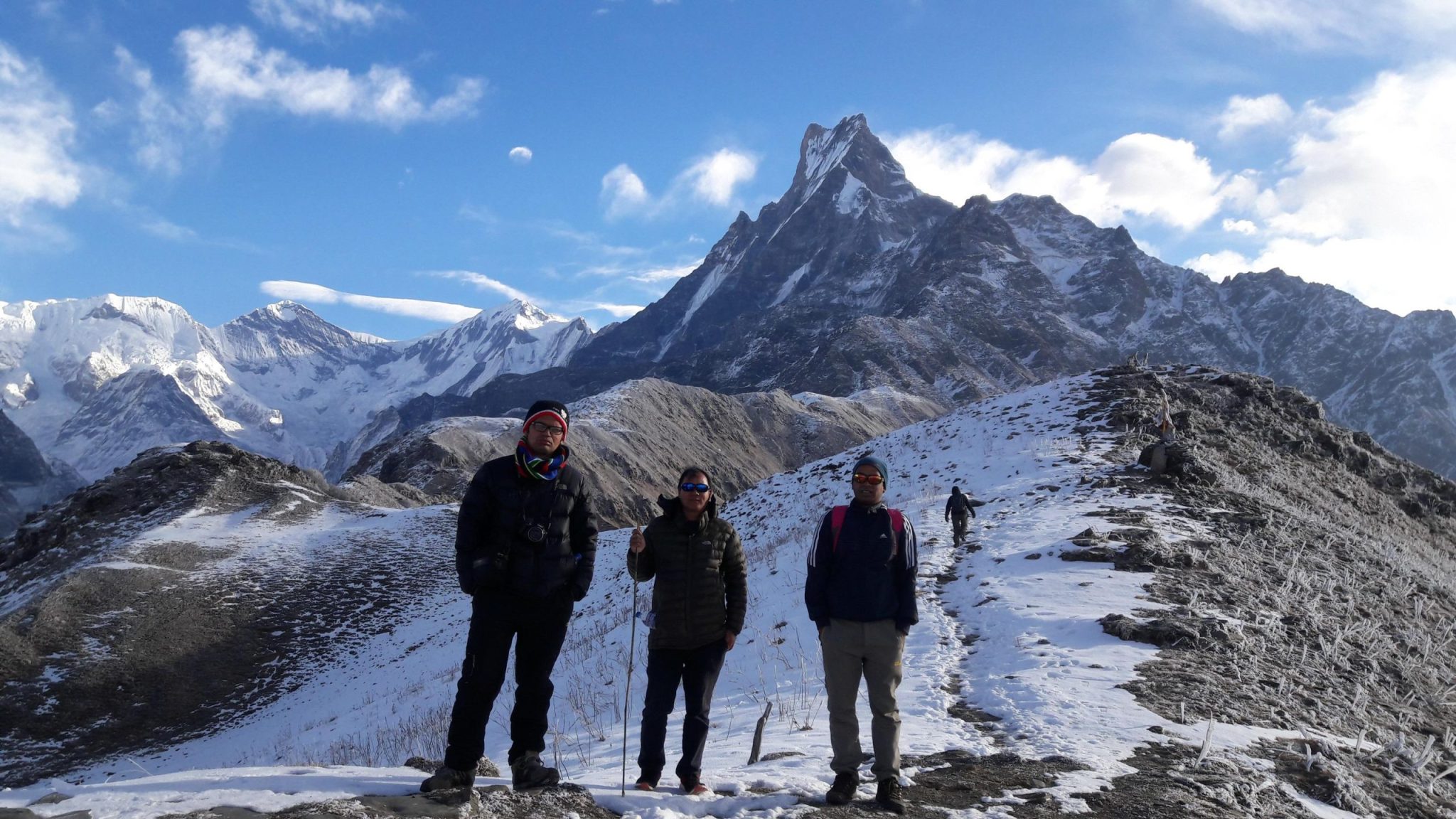 Mardi Hiimal Trek – 7 days
Mardi Hiimal Trek – 7 days
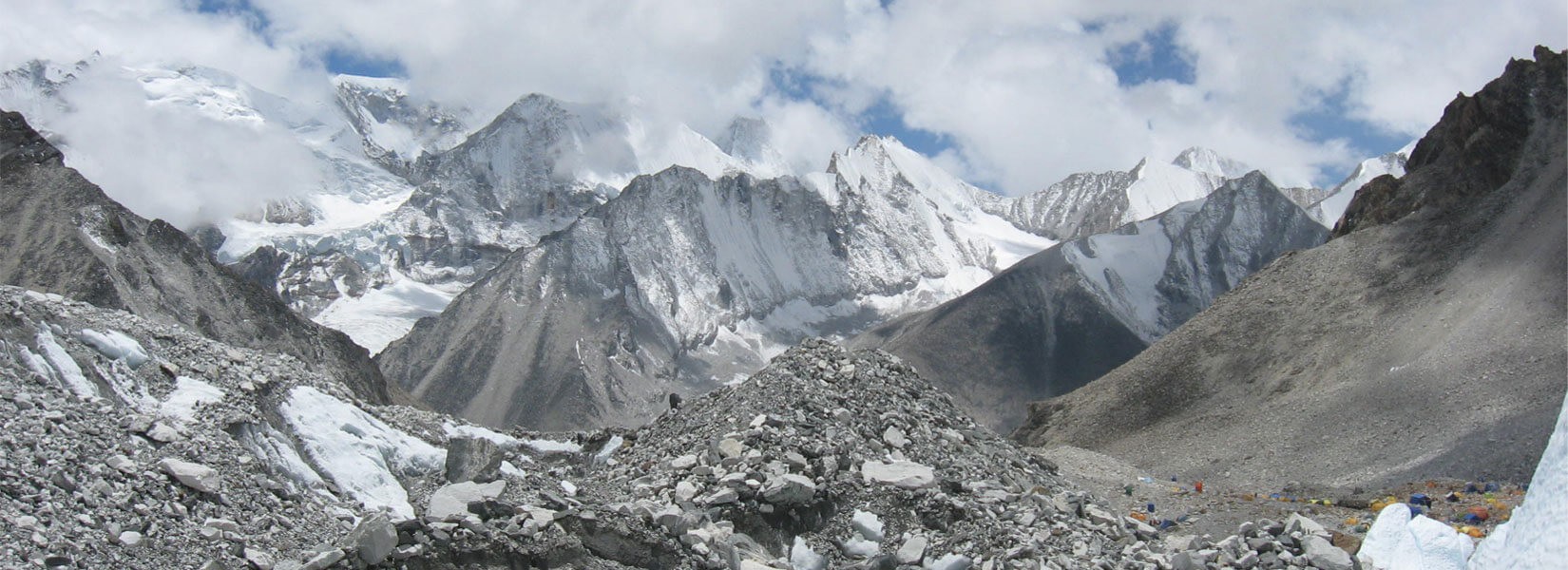 Makalu Base Camp Trek – 19 days
Makalu Base Camp Trek – 19 days
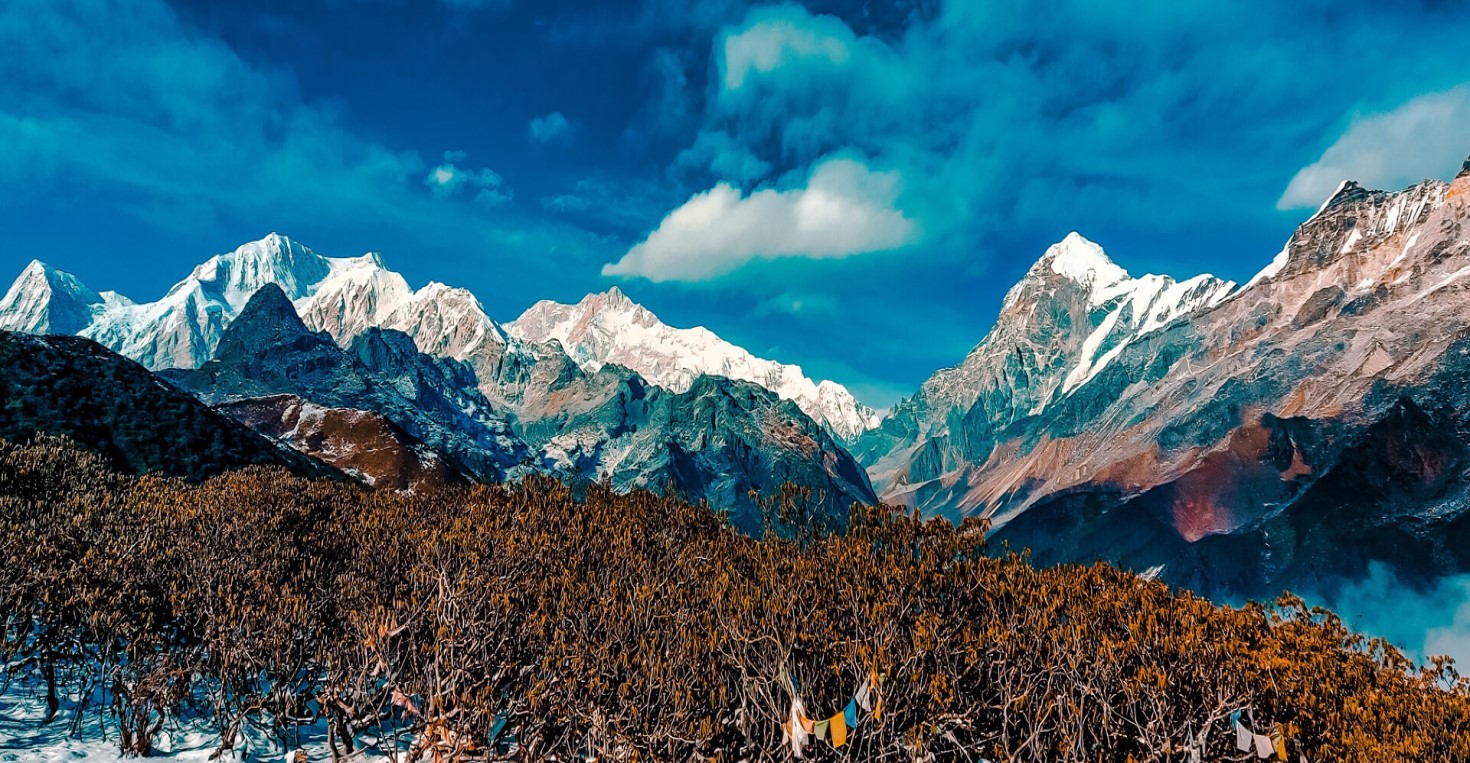 Kanchenjunga Trek – 24 days
Kanchenjunga Trek – 24 days
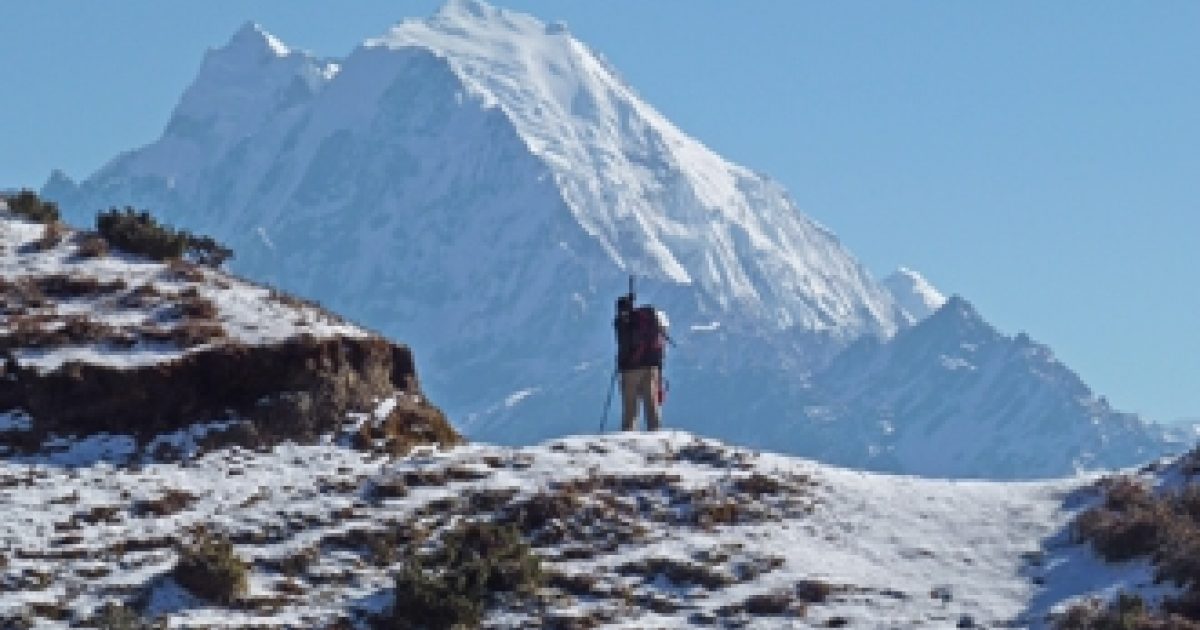 Ganesh Himal Trek – 15 days
Ganesh Himal Trek – 15 days
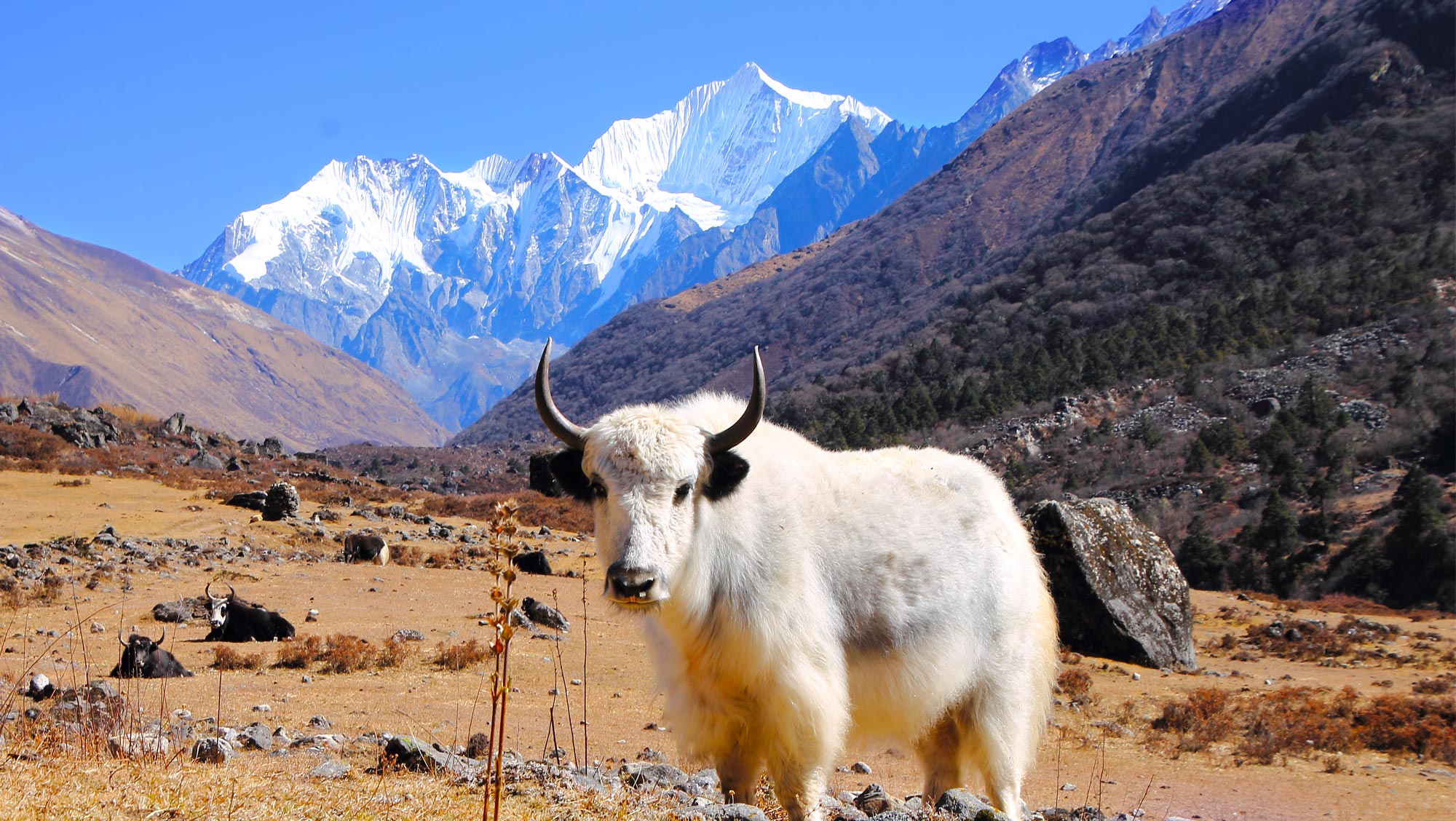 Langtang Camping Trek – 16 days
Langtang Camping Trek – 16 days
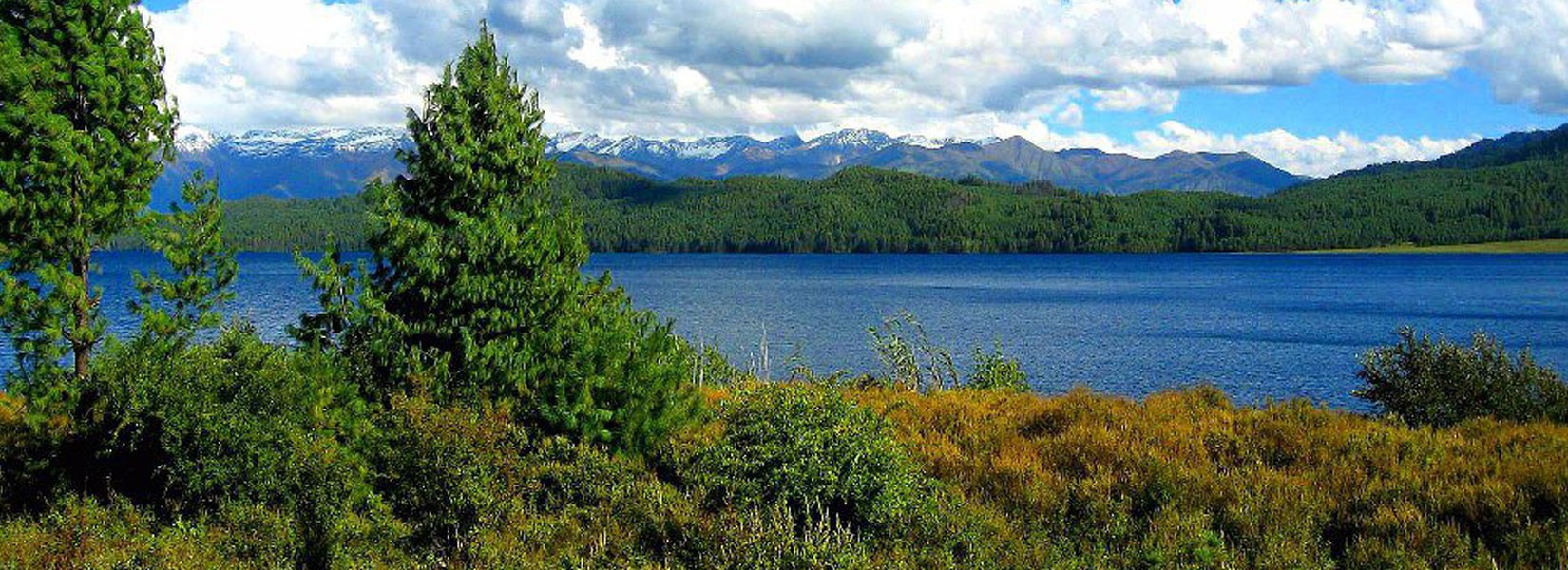 Rara Lake Trek – 16 days
Rara Lake Trek – 16 days
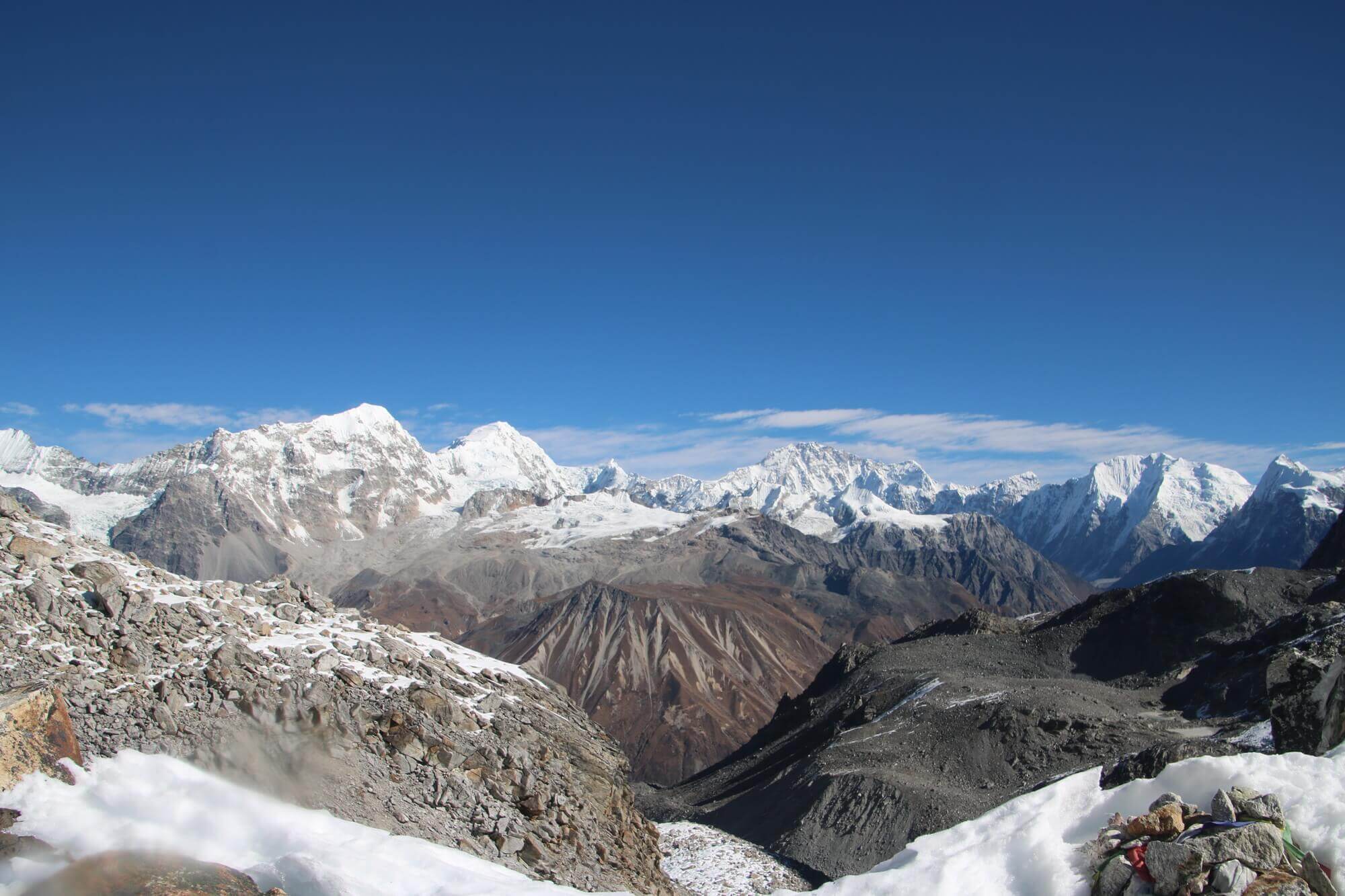 Ganja La Pass Trek – 16 days
Ganja La Pass Trek – 16 days
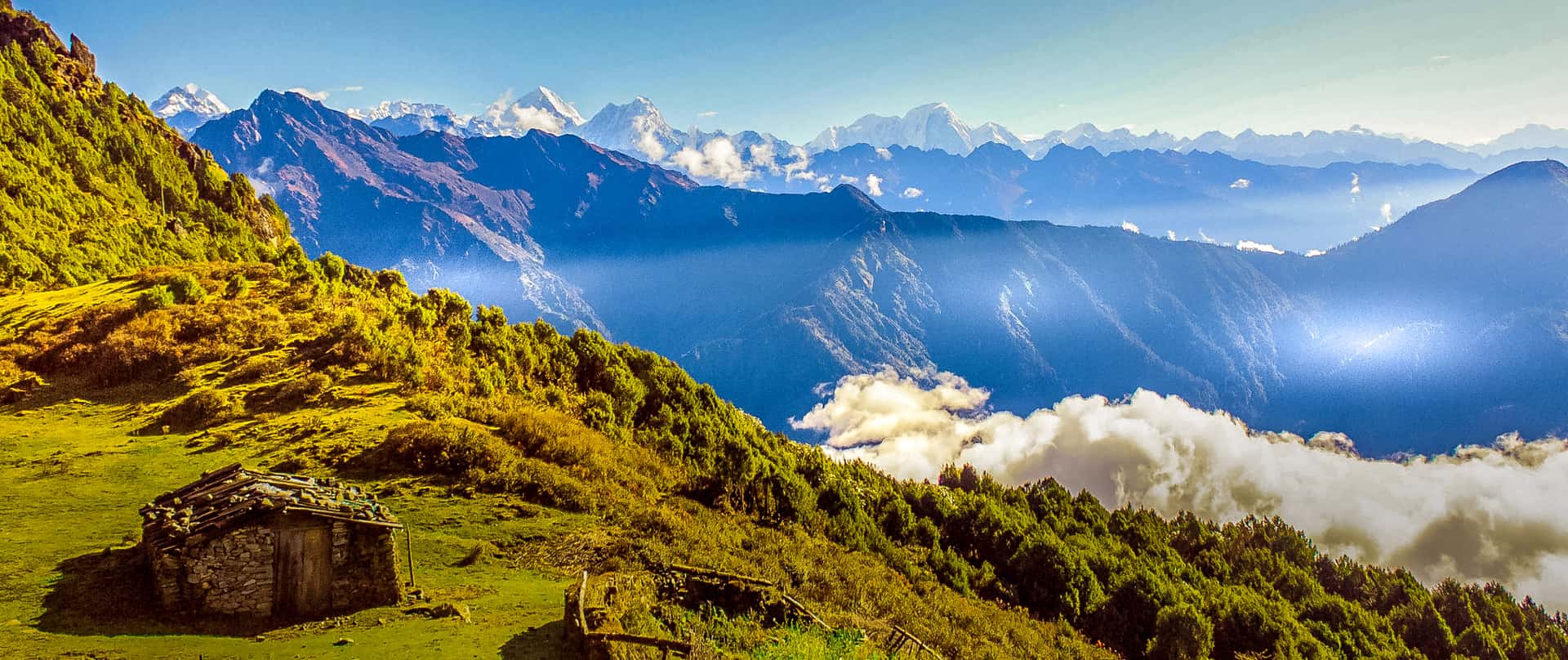 Helambu Village Trek – 10 days
Helambu Village Trek – 10 days
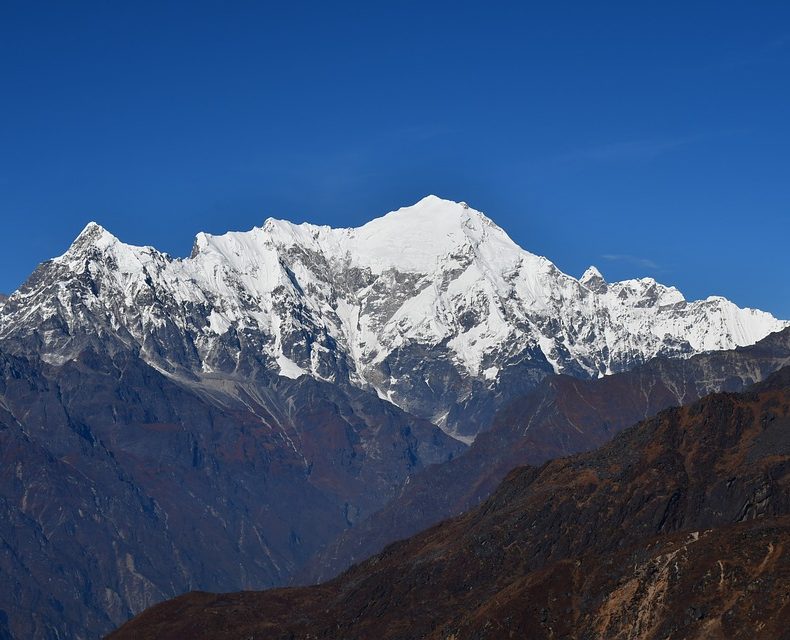 Langtang Valley Trek – 12 days
Langtang Valley Trek – 12 days
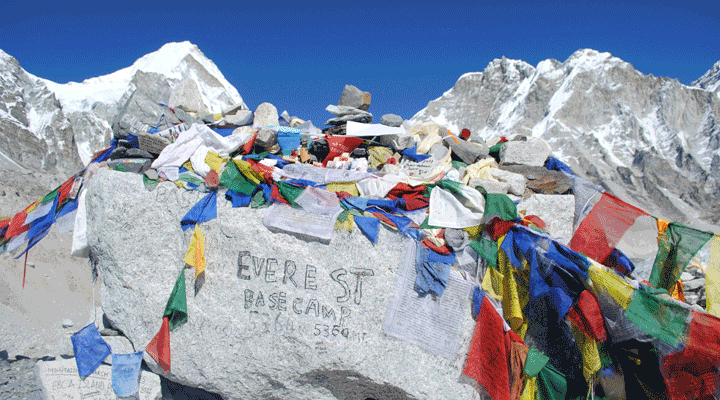 Everest View Trek – 13 days
Everest View Trek – 13 days
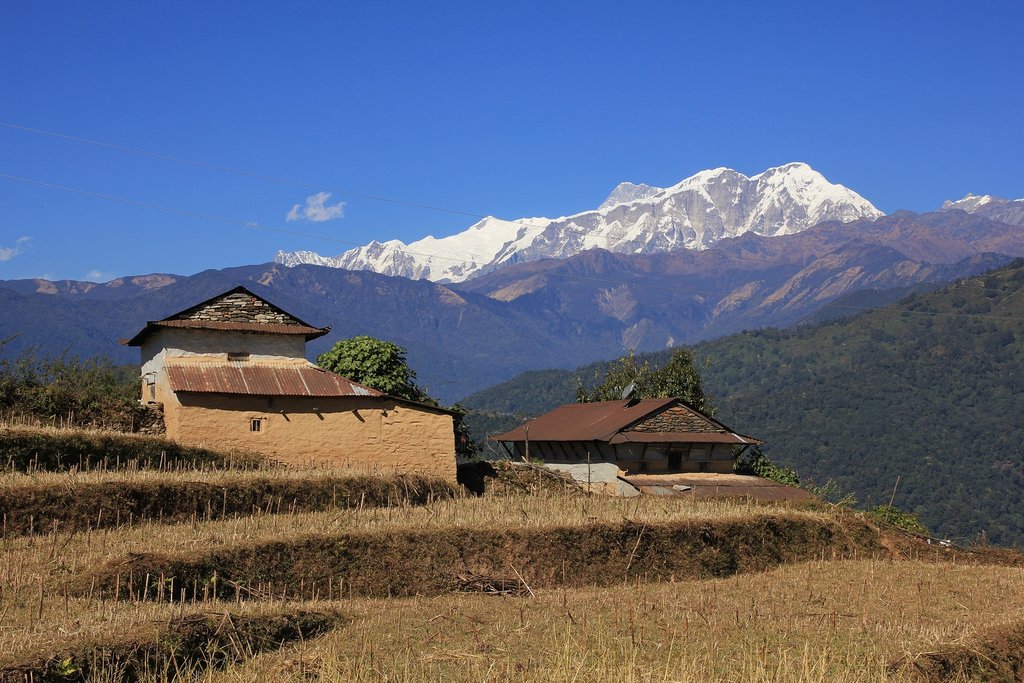 Panchase Trek – 13 days
Panchase Trek – 13 days
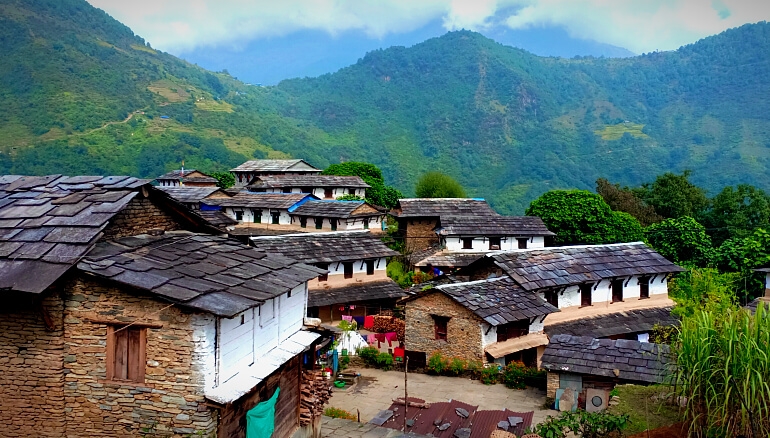 Ghandruk Village trek 8 days
Ghandruk Village trek 8 days
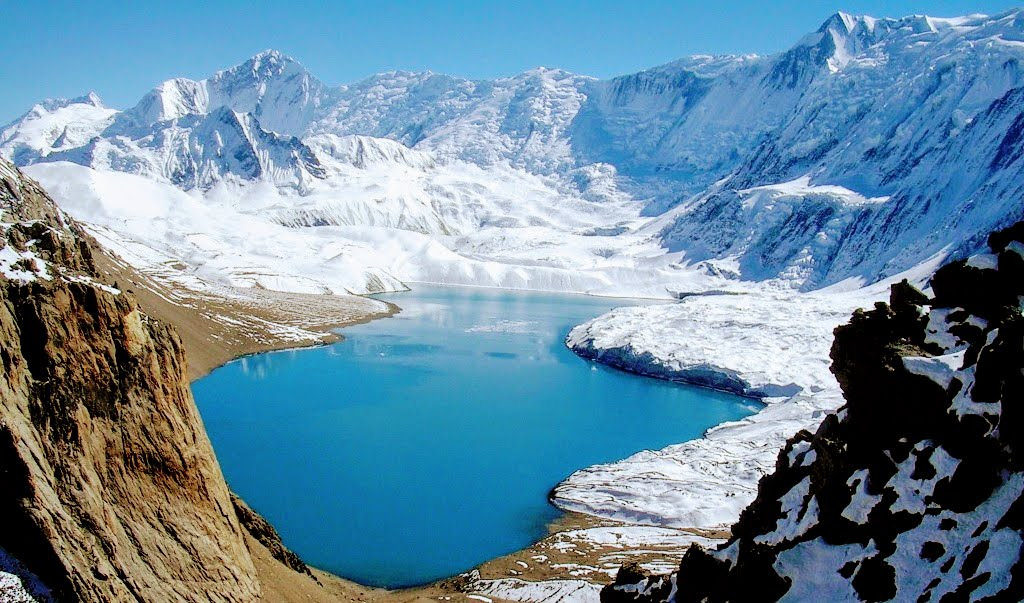 Tilicho Lake with Annapurna Circuit Trek 17 days
Tilicho Lake with Annapurna Circuit Trek 17 days
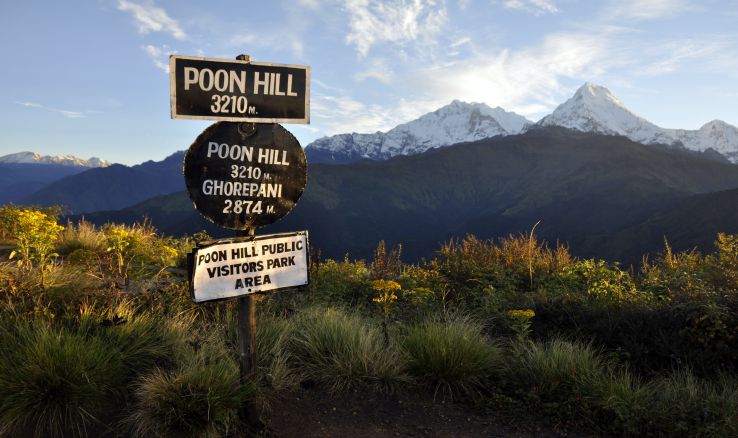 Ghorepani Poon Hill Trek – 12 days
Ghorepani Poon Hill Trek – 12 days
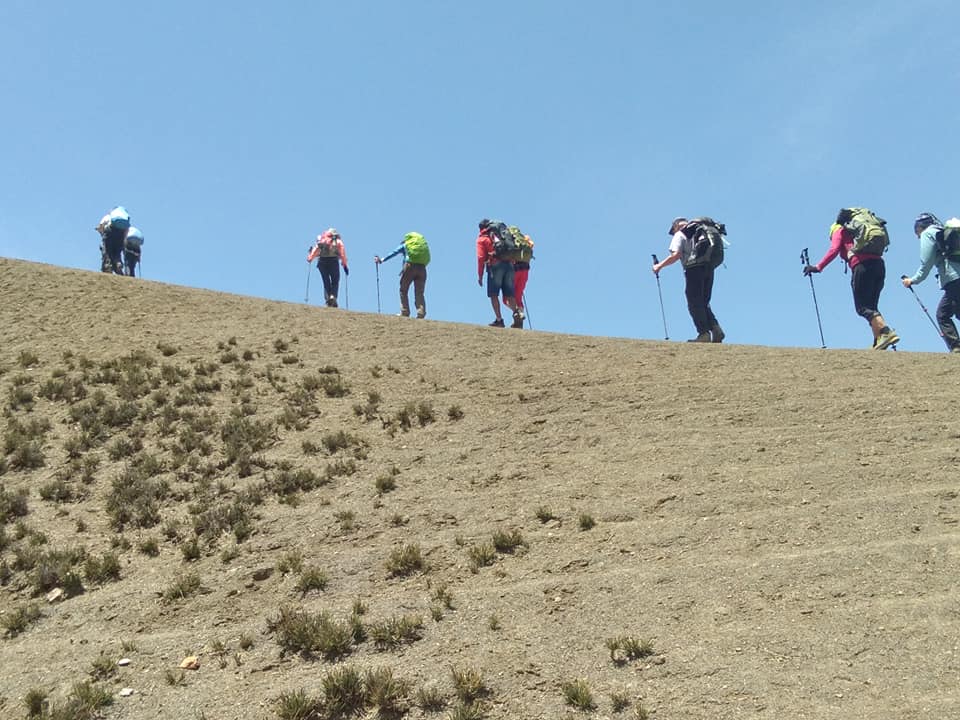 Upper Mustang Trek – 16 days
Upper Mustang Trek – 16 days
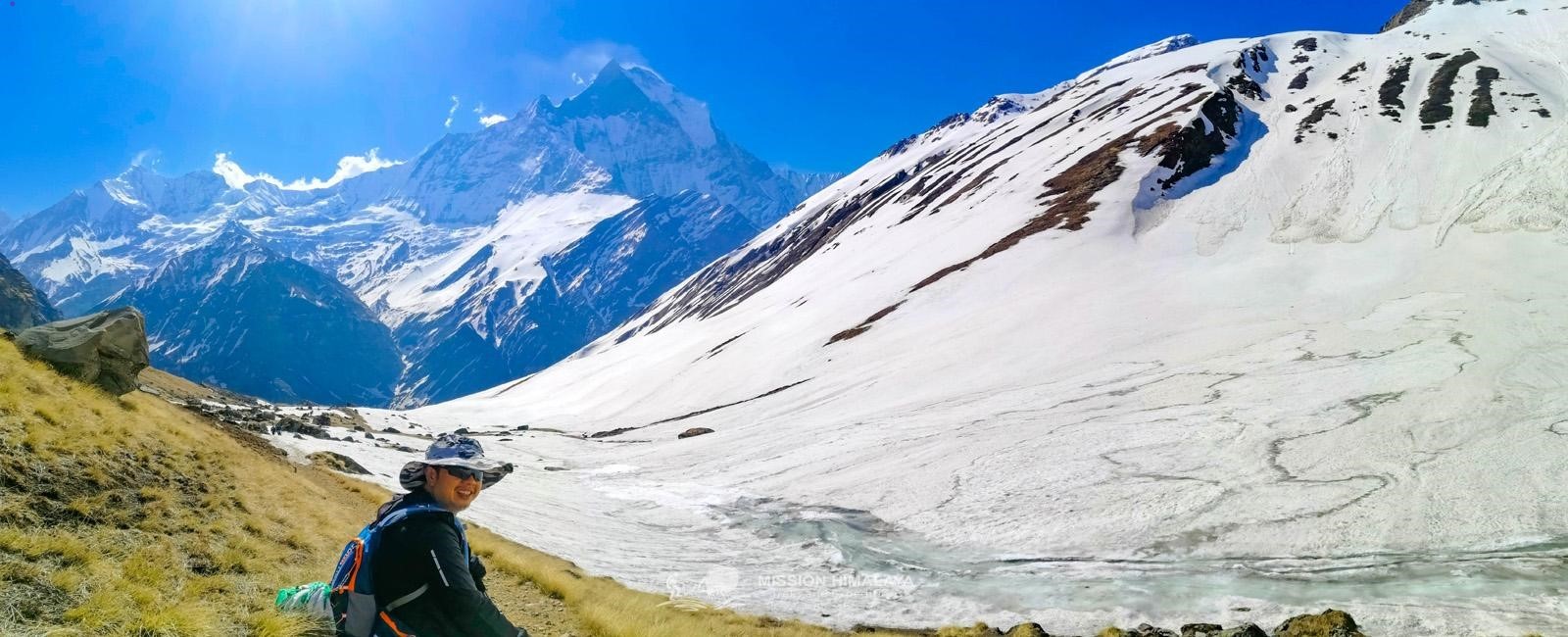 Annapurna Base Camp Trek – 16 days
Annapurna Base Camp Trek – 16 days
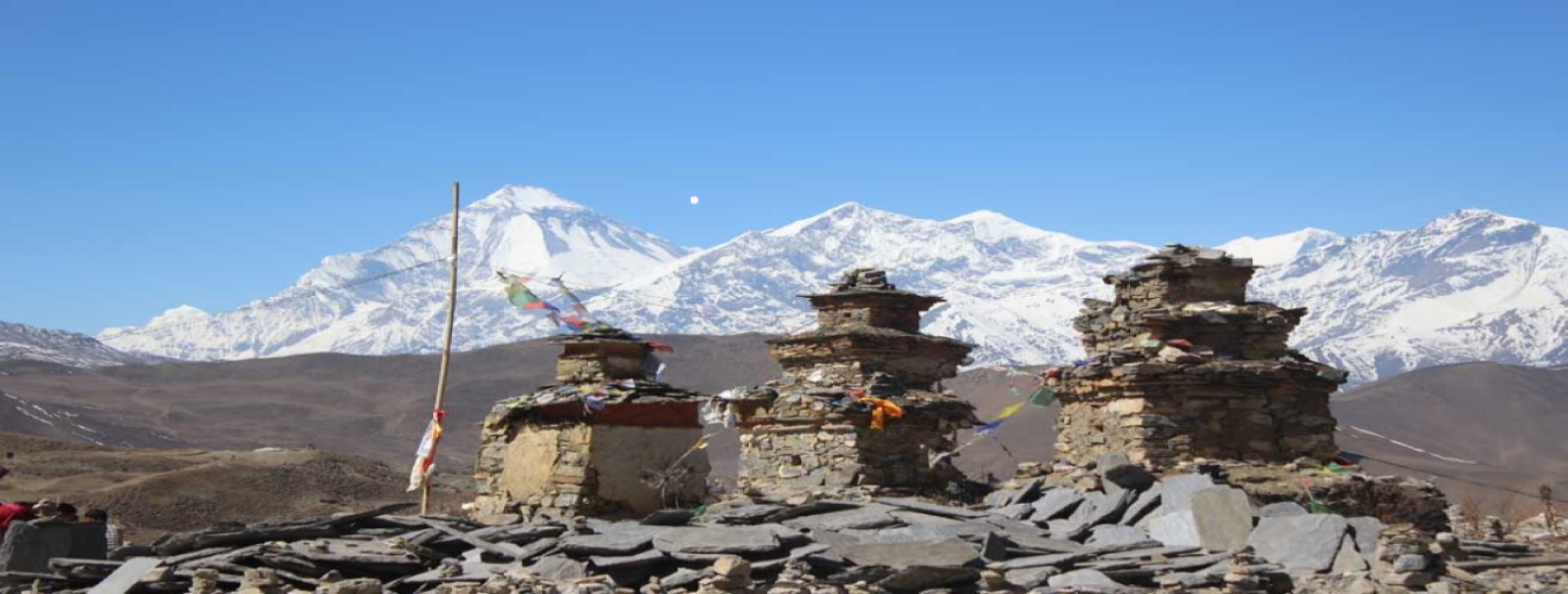 Jomsom and Muktinath Trek – 15 days
Jomsom and Muktinath Trek – 15 days
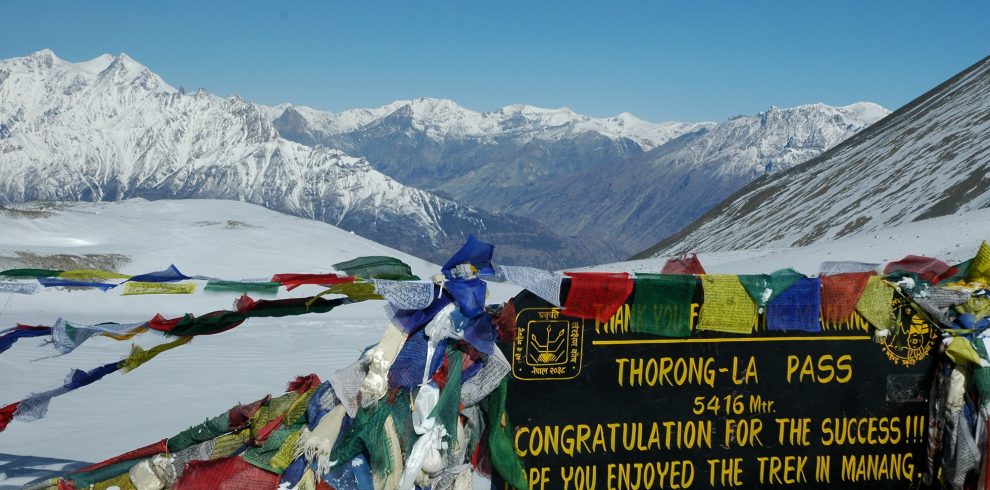 Annapurna Circuit Trek – 21 days
Annapurna Circuit Trek – 21 days
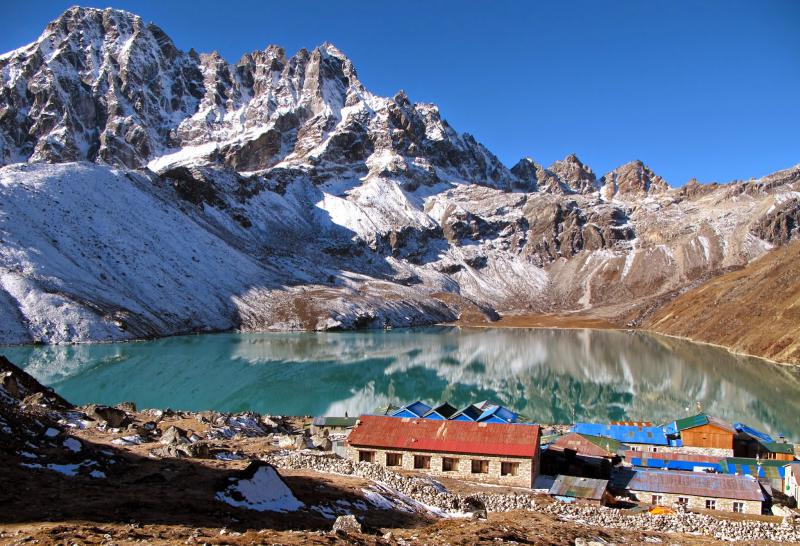 Gokyo Lake Trek – 16 days
Gokyo Lake Trek – 16 days
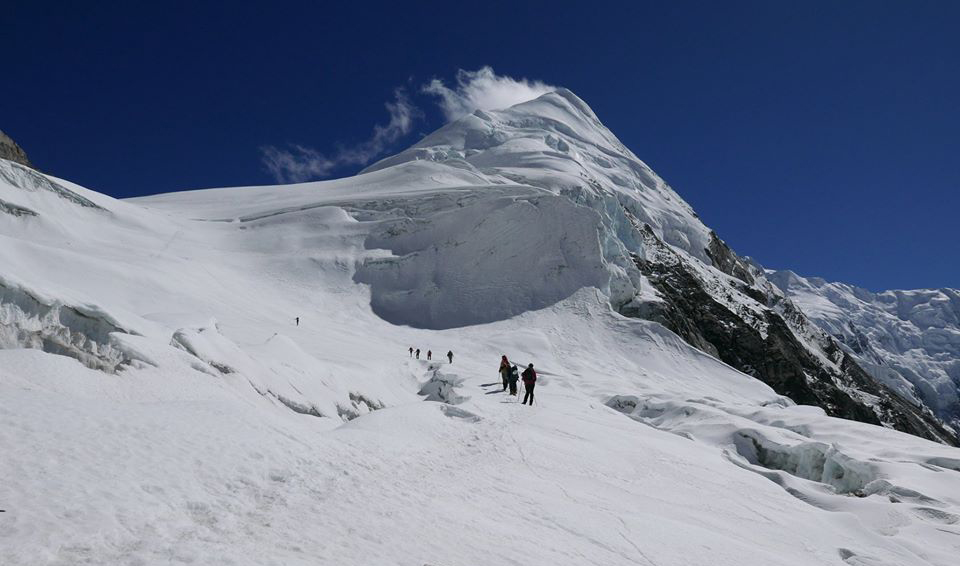 Gourishankar Himal Trek – 18 days
Gourishankar Himal Trek – 18 days
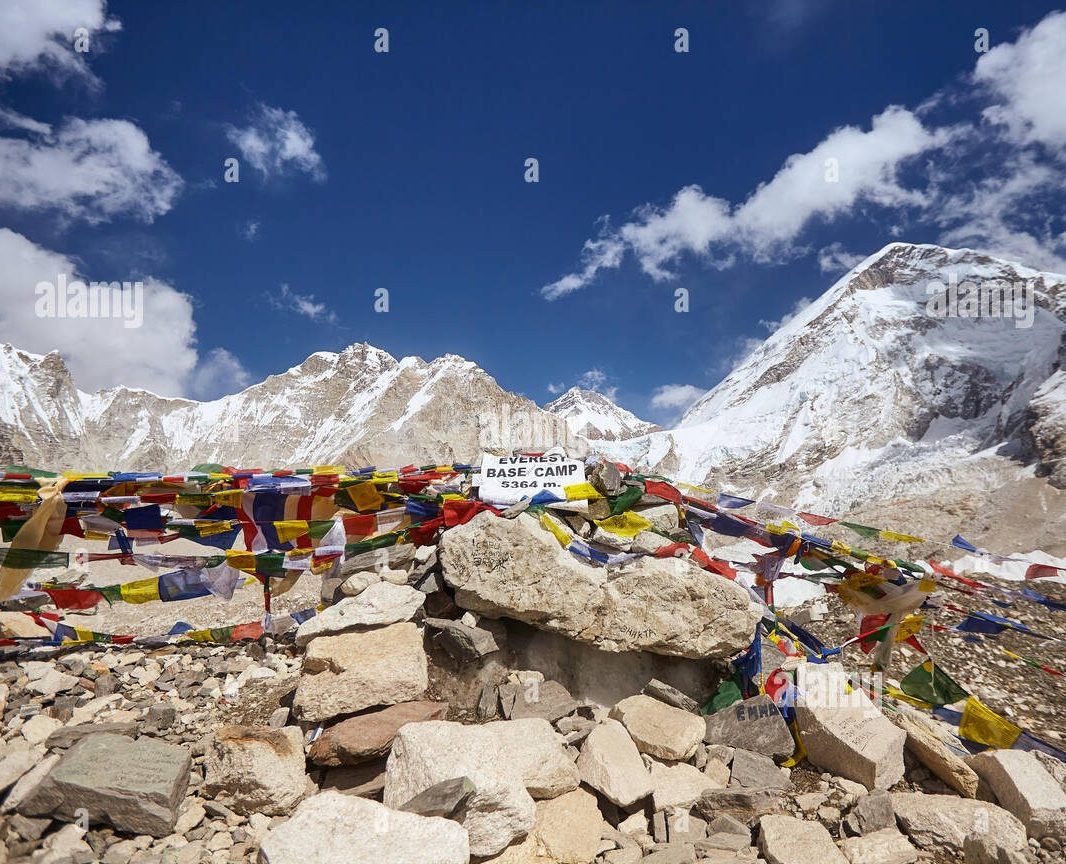 Phaplu to Everest Base Camp Trek – 19 days
Phaplu to Everest Base Camp Trek – 19 days
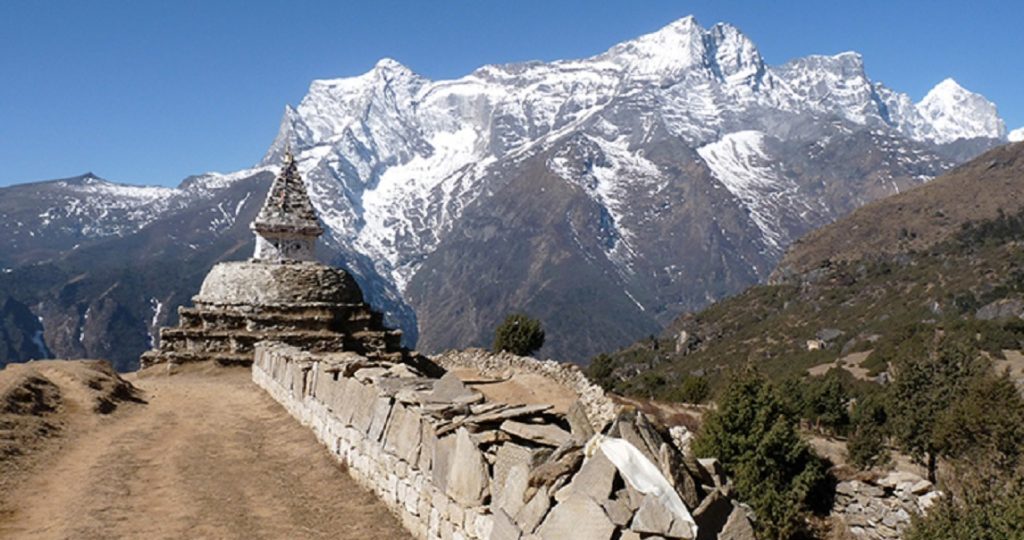 Jiri to Everest Base Camp Trek – 22 days
Jiri to Everest Base Camp Trek – 22 days
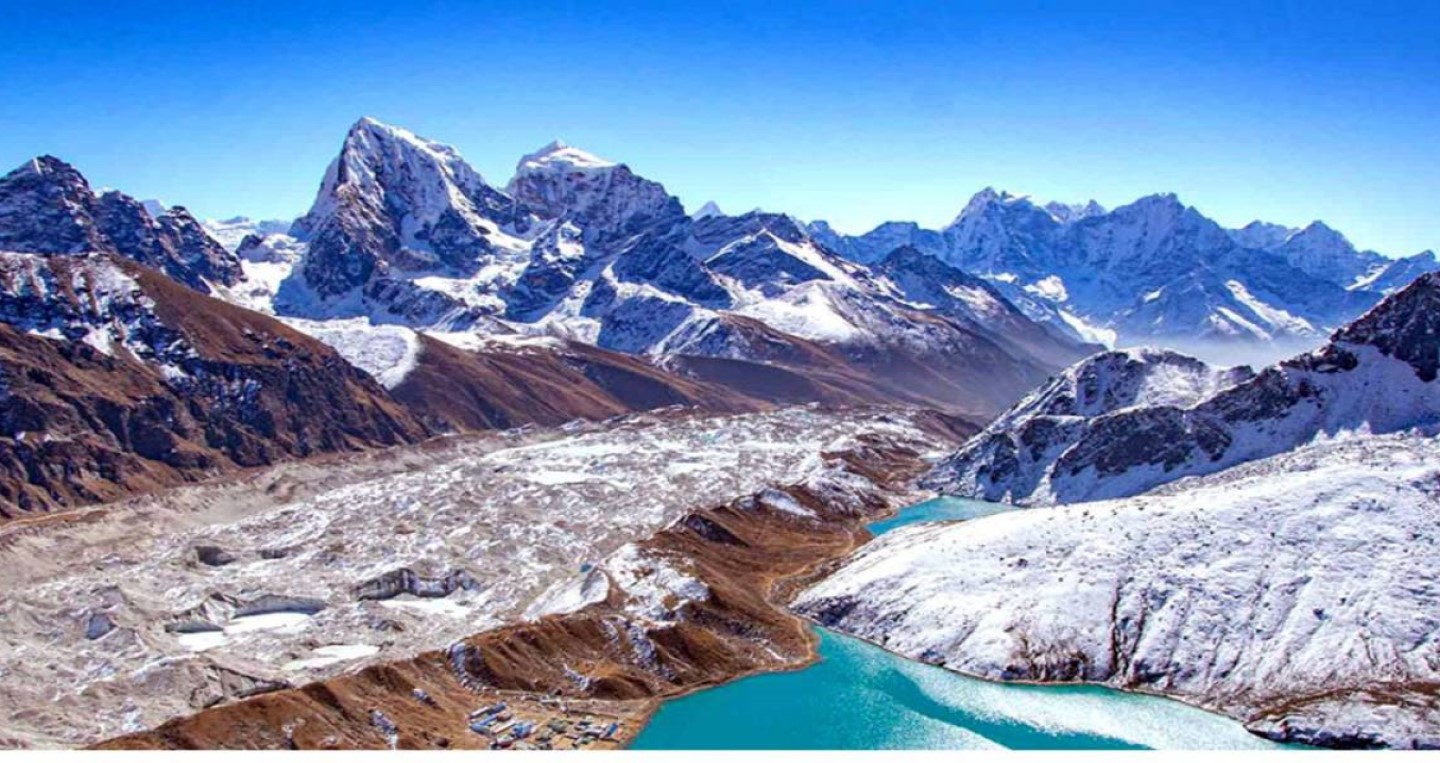 Everest Base Camp and Gokyo Lake Trek – 15 days
Everest Base Camp and Gokyo Lake Trek – 15 days
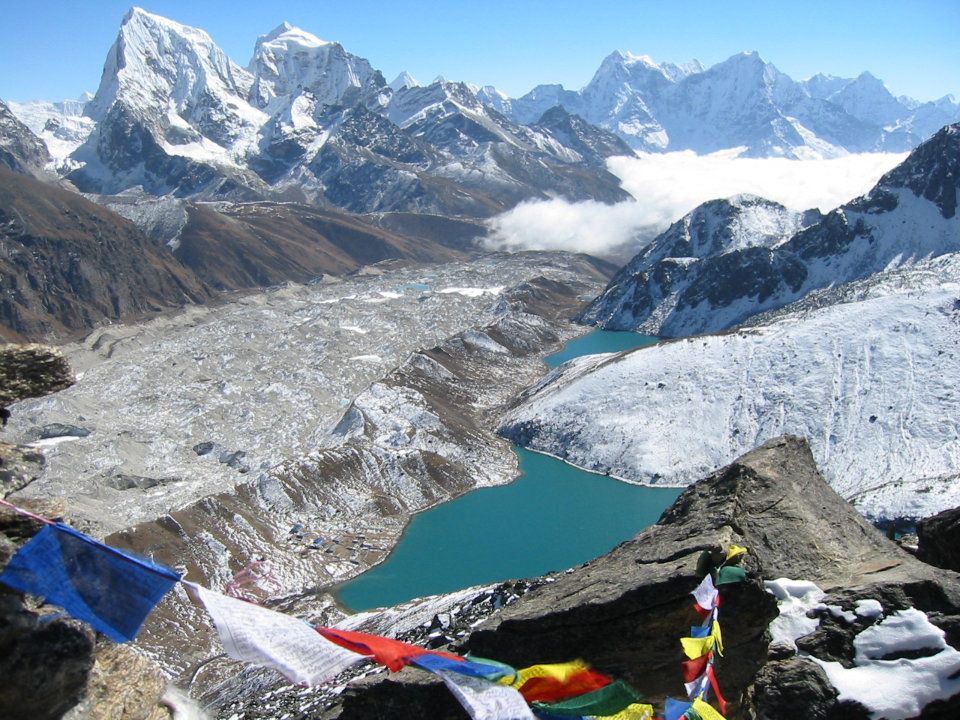 Everest Base Camp Trek – 17 days
Everest Base Camp Trek – 17 days
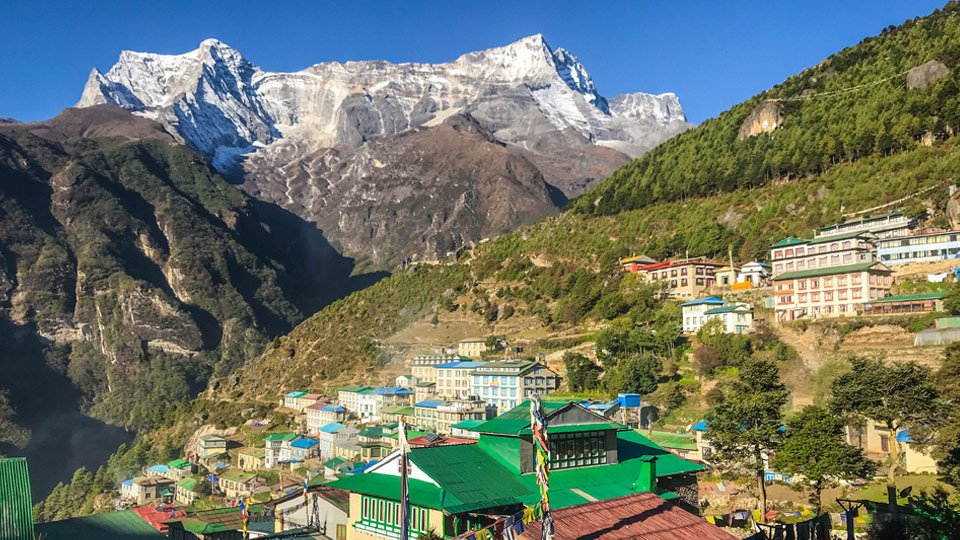 Namche Bazaar Trek – 8 days
Namche Bazaar Trek – 8 days
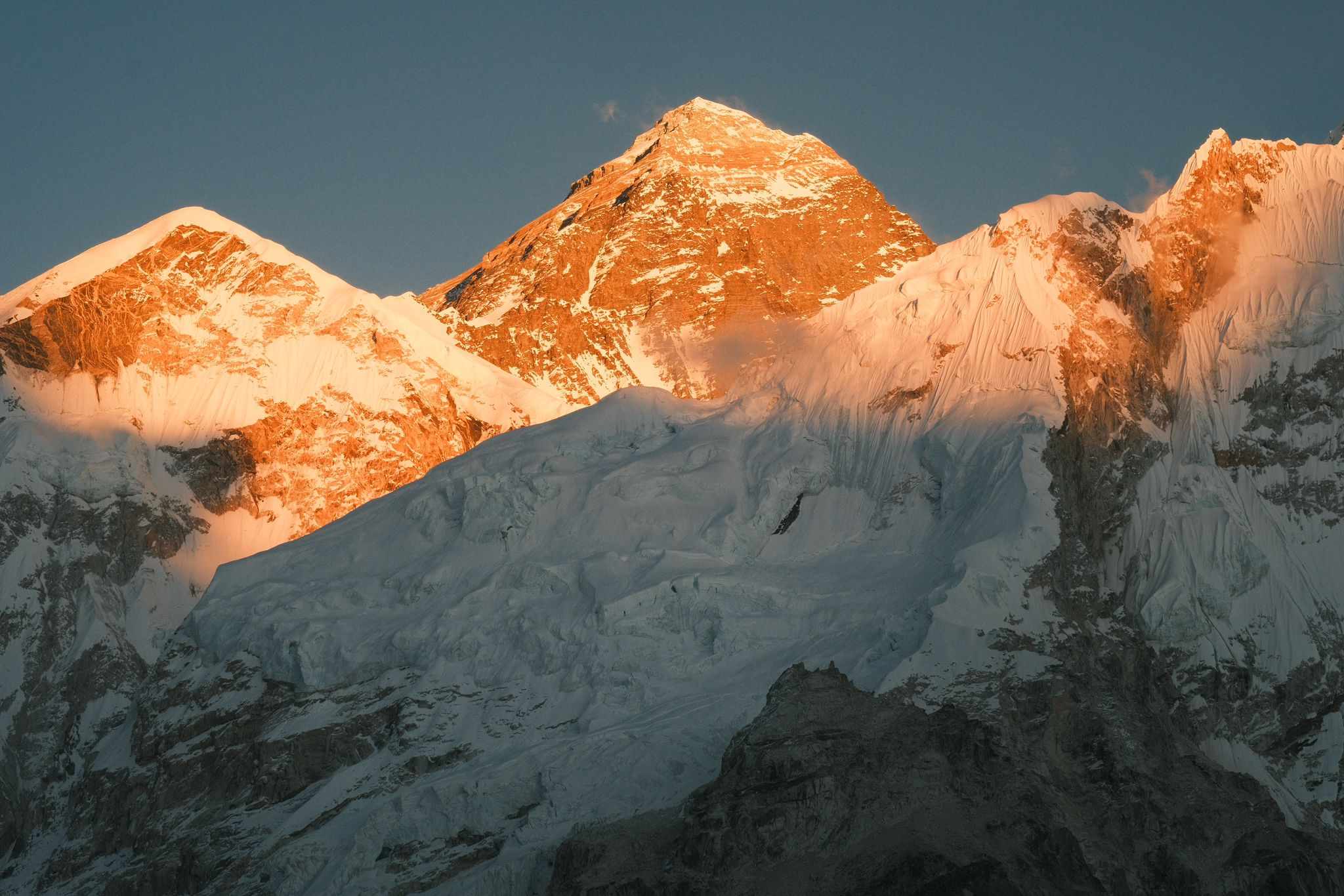 Everest Base Camp Trek 12 days
Everest Base Camp Trek 12 days
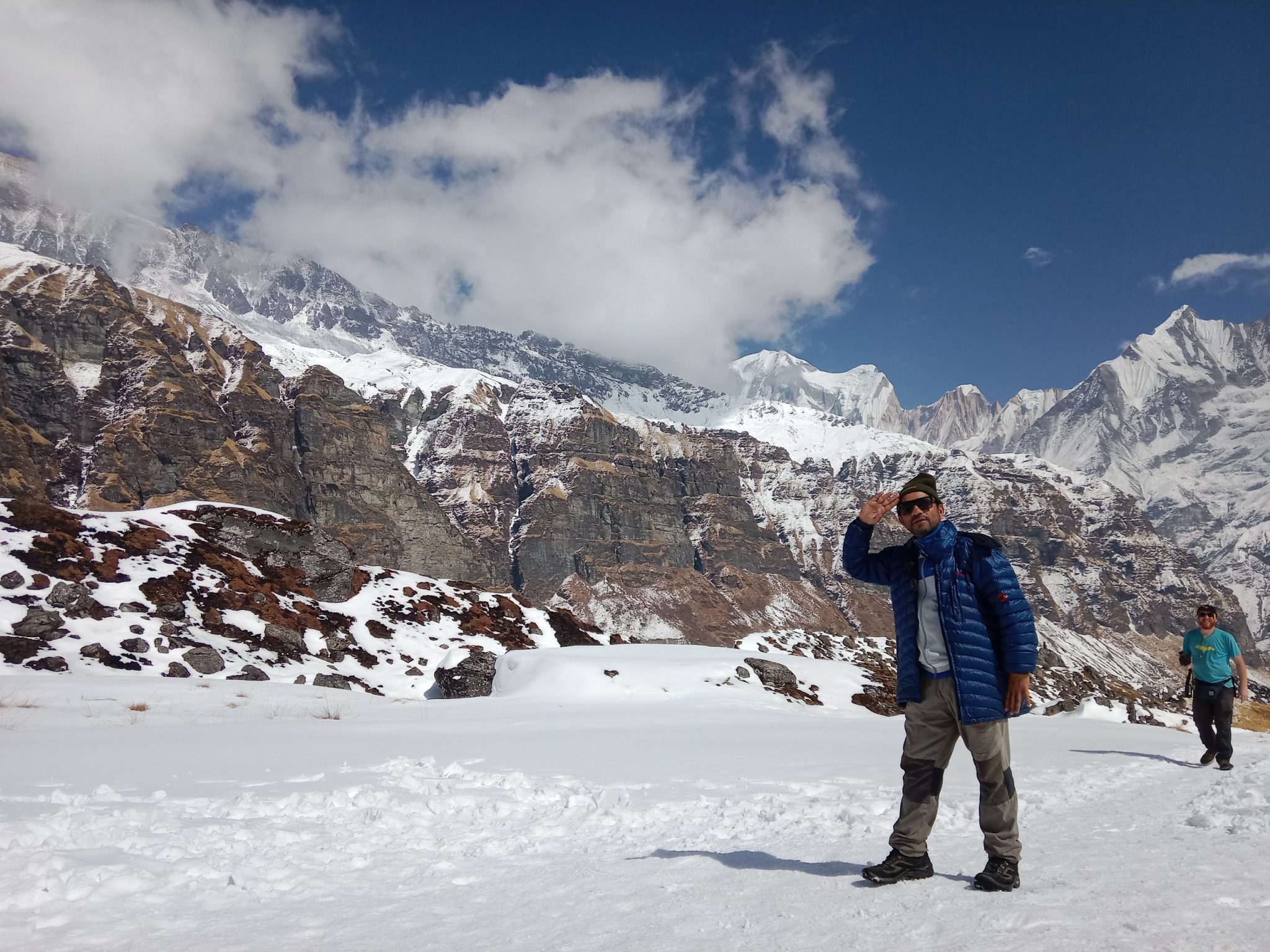 Annapurna Base Camp Trek 11 days
Annapurna Base Camp Trek 11 days



